International Women's Day 2024
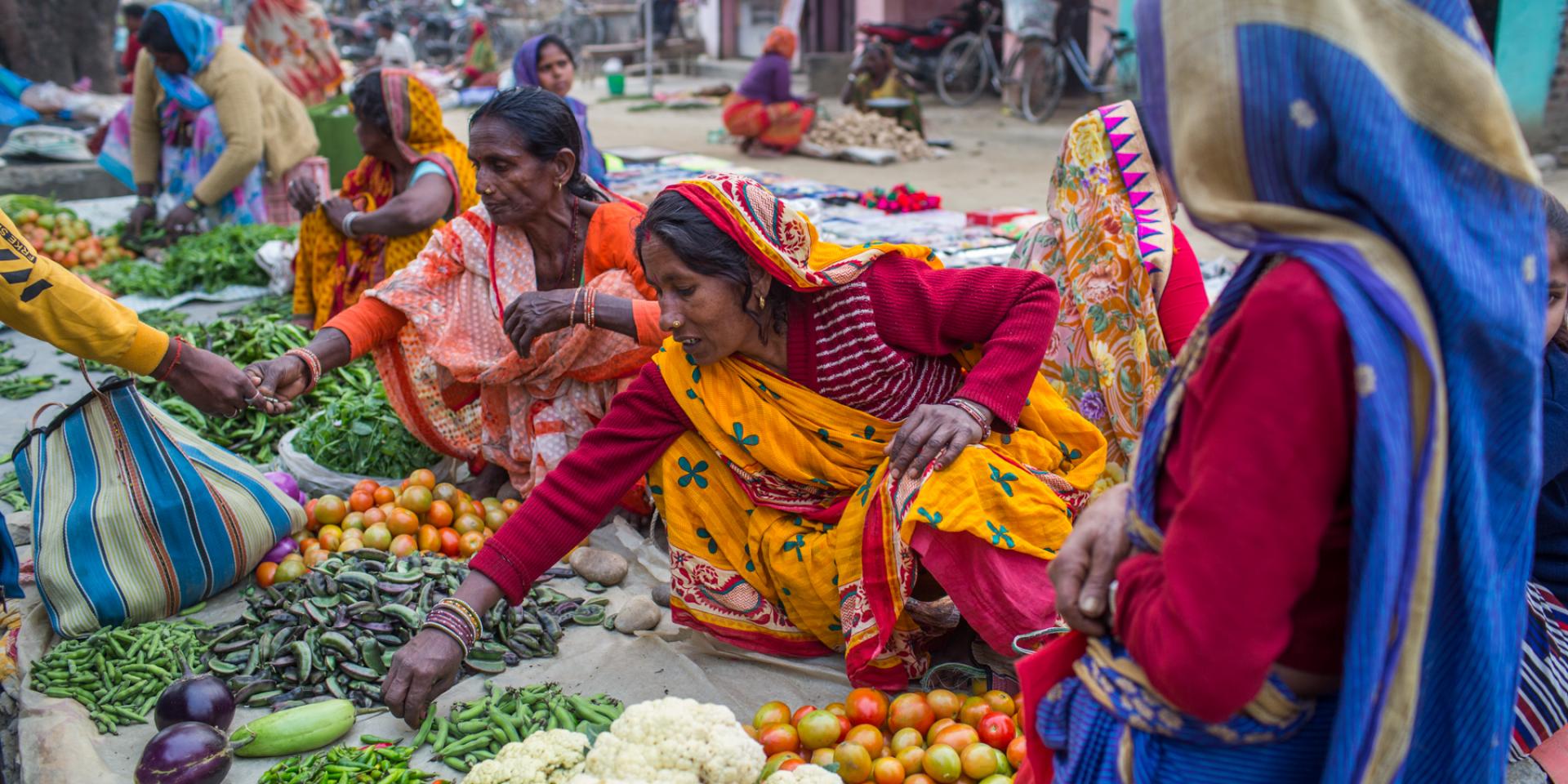 Nabin Baral / IWMI
Nabin Baral / IWMI
The theme for the International Women's Day, March 8, 2024, as set by UN Women is 'Invest in Women: Accelerate progress'.
Progress on gender equality is stalling and, in some cases, reversing due to omni crises such as climate, conflict, COVID, and cost of living. In fact, without additional investment, it will take nearly 300 years to achieve gender equality, based on the current pace of development.
What’s needed, according to a 2023 estimate, is an additional $360 billion per year to achieve gender equality and women’s empowerment across key global goals by 2030, including to end poverty and hunger.
In the buildup to International Women’s Day 2024, UN Women is issuing a call to “Invest in women: Accelerate progress.” The CGIAR GENDER Impact Platform is joining the effort by leading a campaign highlighting work from across CGIAR and beyond on three key sub-themes:
- Invest in making finance available to women, youth and Indigenous peoples
- Invest in women’s economic empowerment
- Invest in agricultural solutions that work for women
CGIAR Executive Managing Director Ismahane Elouafi: Invest in women, ignite change in food systems
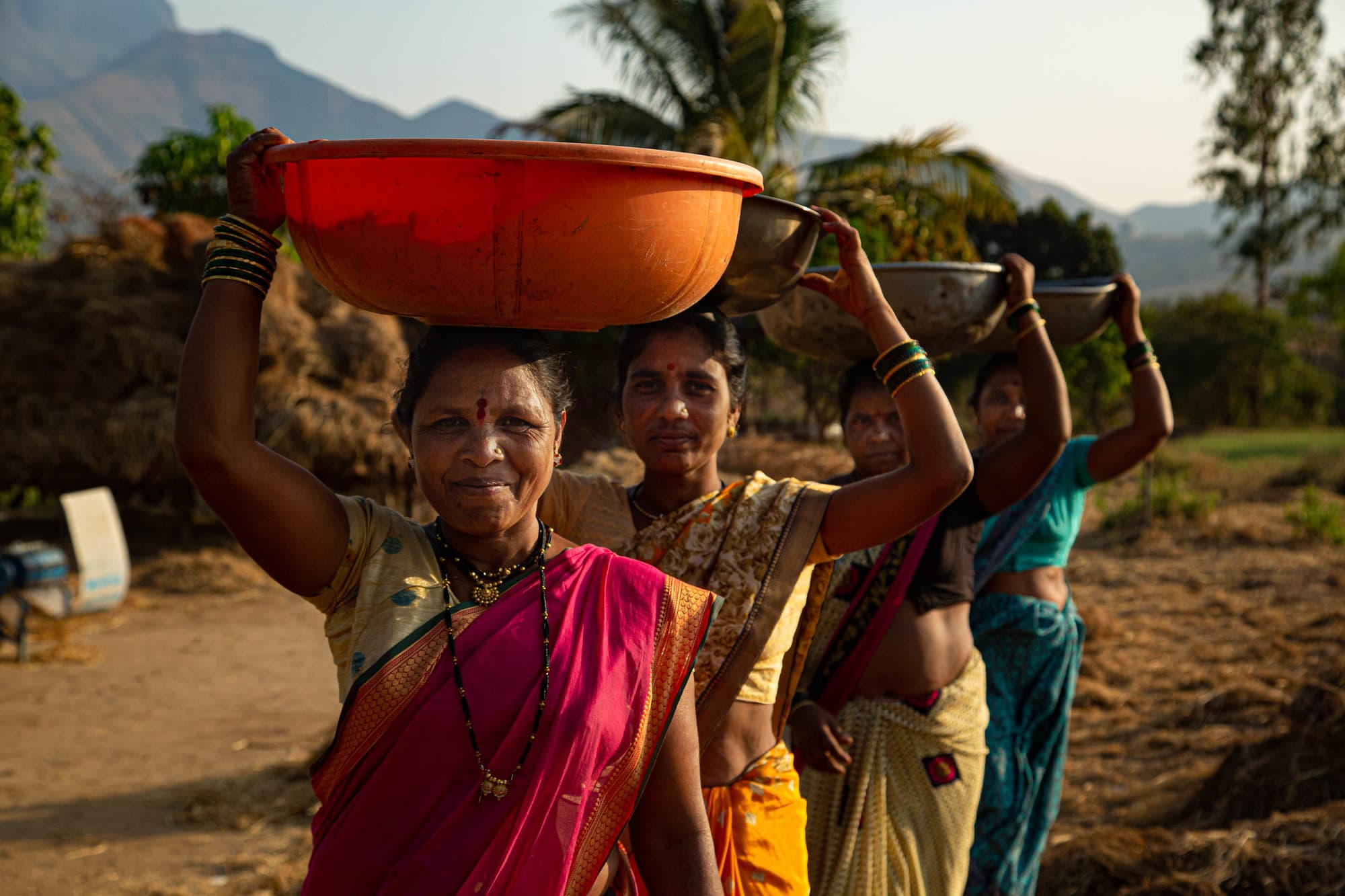
"Quite simply, we cannot talk about food and nutrition security without discussing gender equality" -- Ismahane Elouafi
March 8, 10am EAT: Investing in women to accelerate progress towards equitable agrifood systems
Invest in making finance available to women, youth and Indigenous peoples
Investing in making finance available to women in agriculture can help boost their productivity, livelihoods and ability to drive climate action. The current gender gap in access to finance can be overcome, for example, by making financial products and systems more inclusive, supporting women's businesses, and ensuring that financial policies support women's needs.
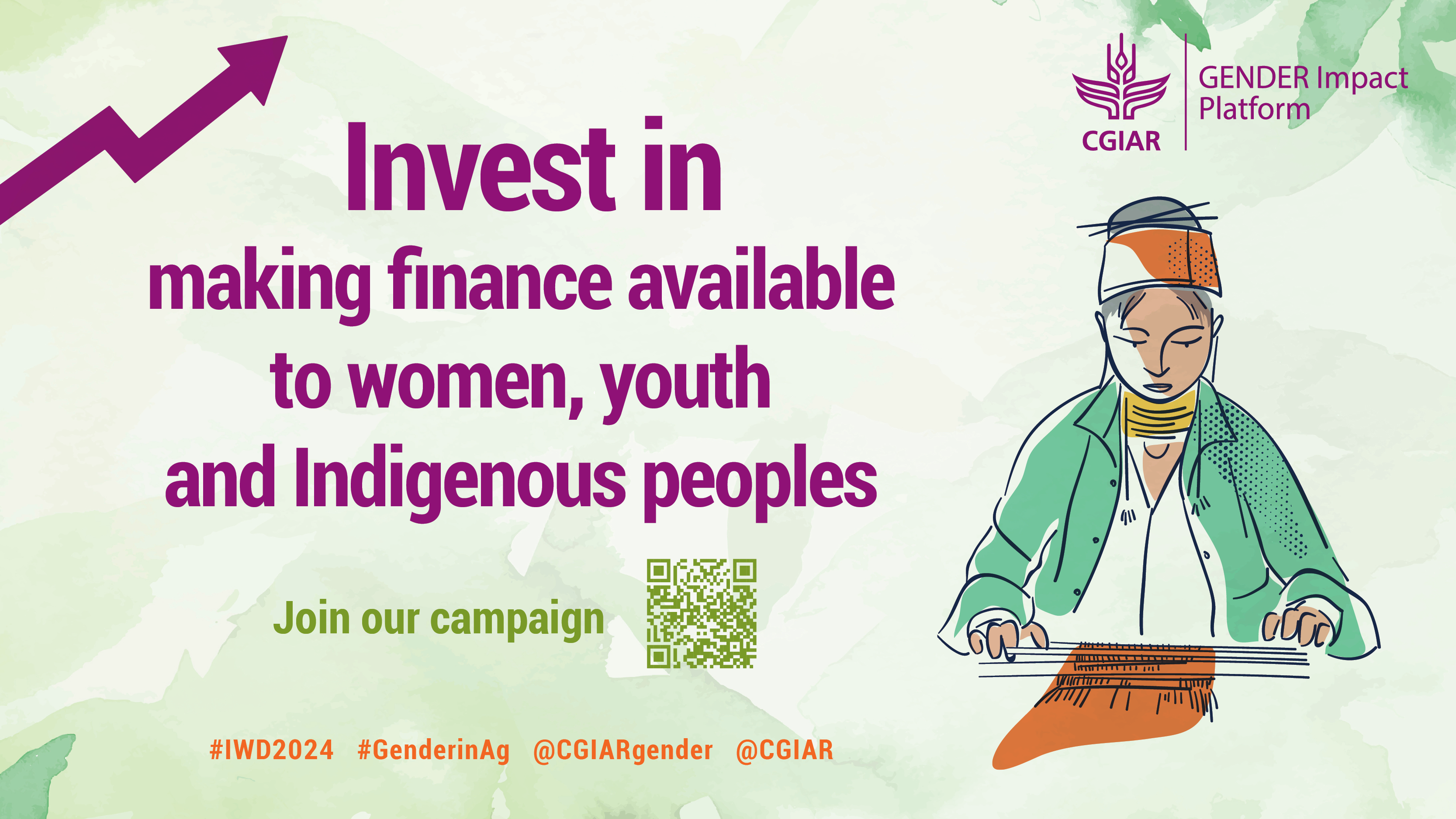
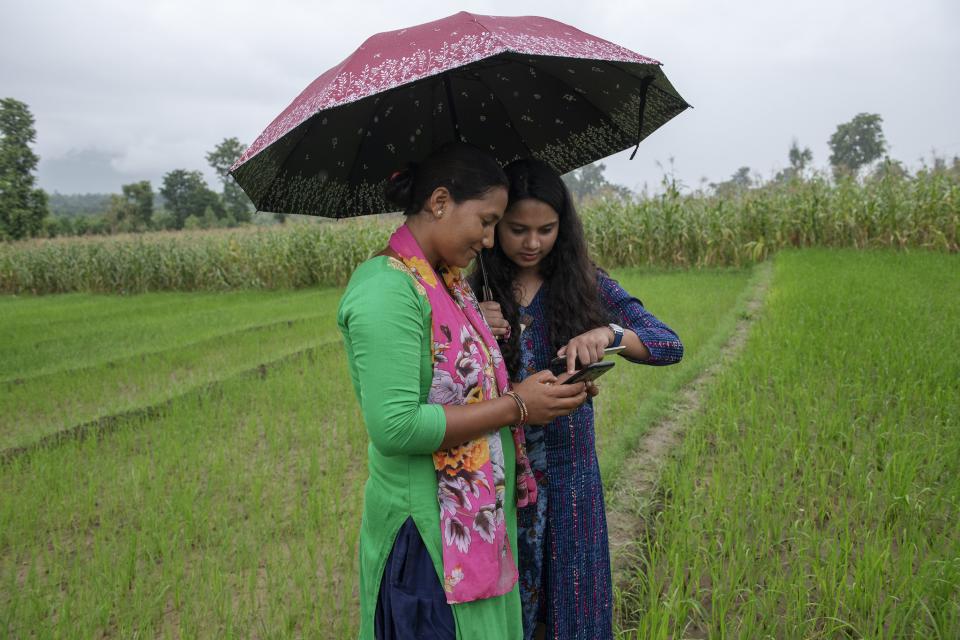
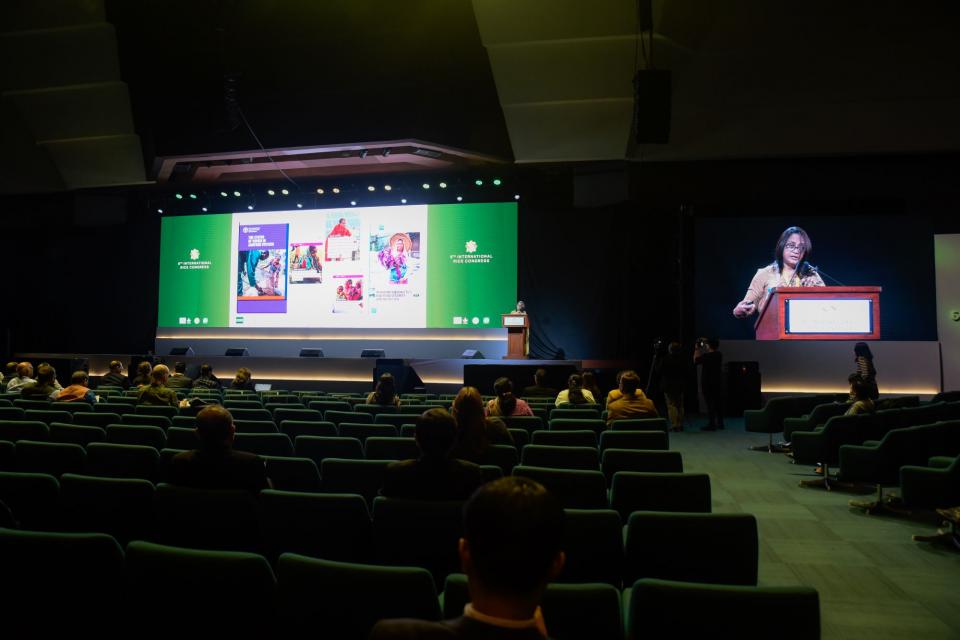
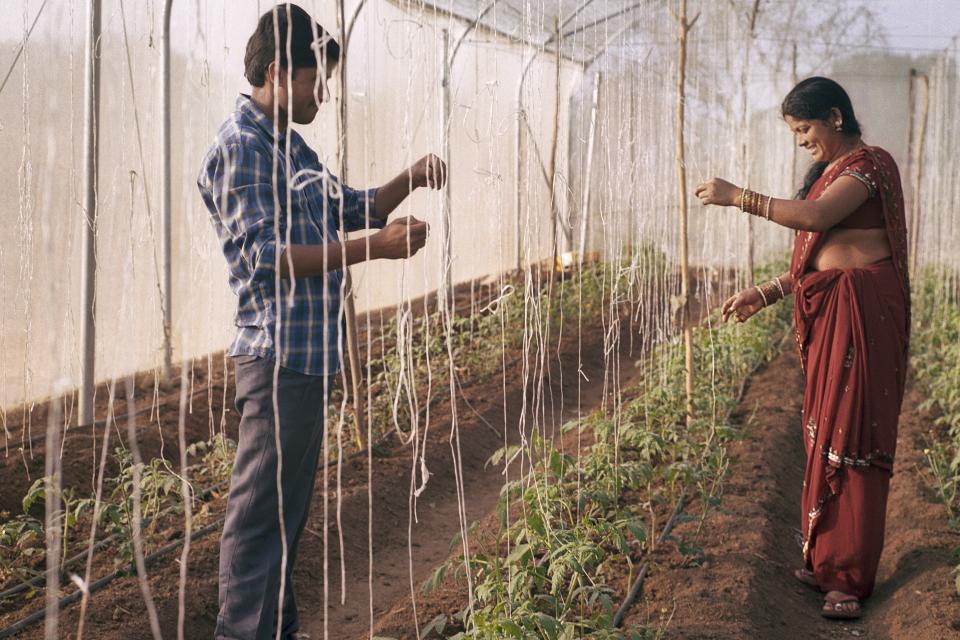
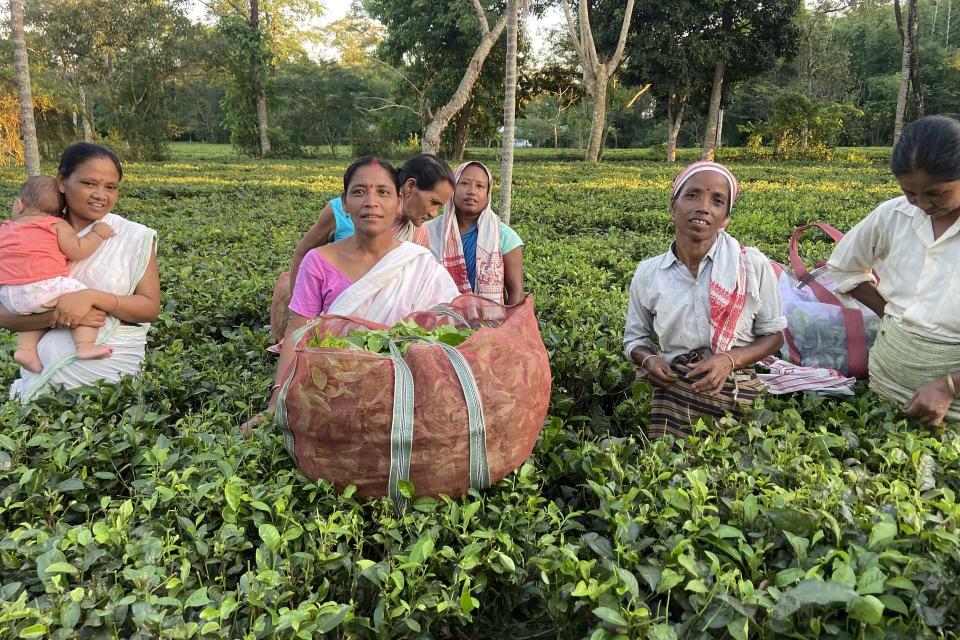
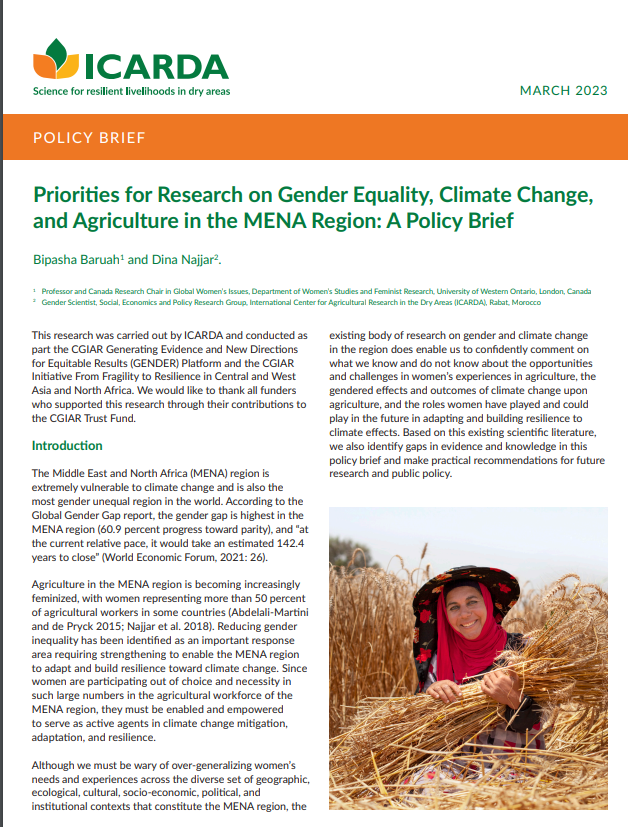
Priorities for Research on Gender Equality, Climate Change, and Agriculture in the MENA Region: A Policy Brief
Bipasha Baruah, Dina Najjar. (1/3/2023). Priorities for Research on Gender Equality, Climate Change, and Agriculture in the MENA Region: A Policy Brief. Lebanon: International Center for Agricultural Research in the Dry Areas (ICARDA).
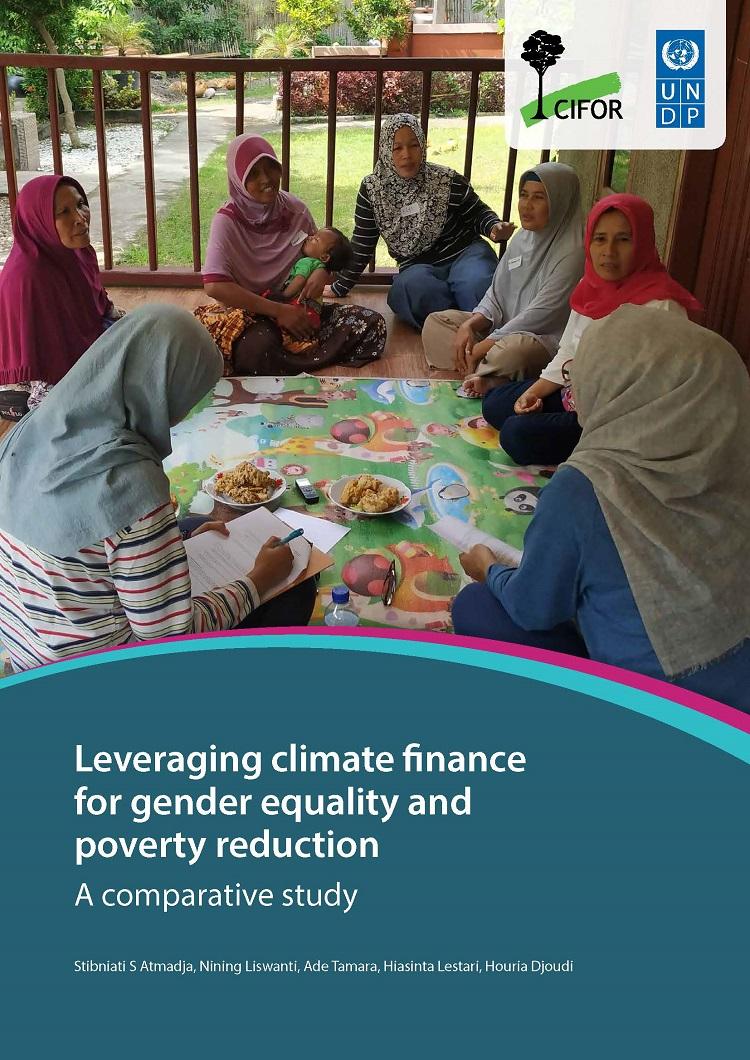
Leveraging climate finance for gender equality and poverty reduction: A comparative study
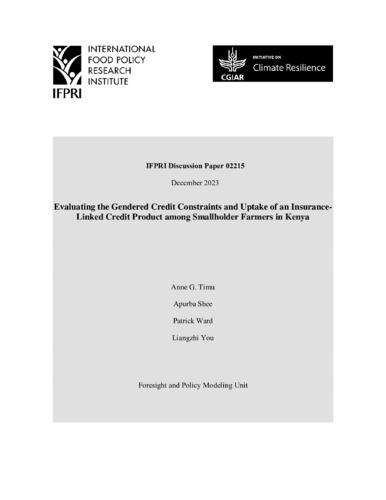
Evaluating the gendered credit constraints and uptake of an insurance-linked credit product
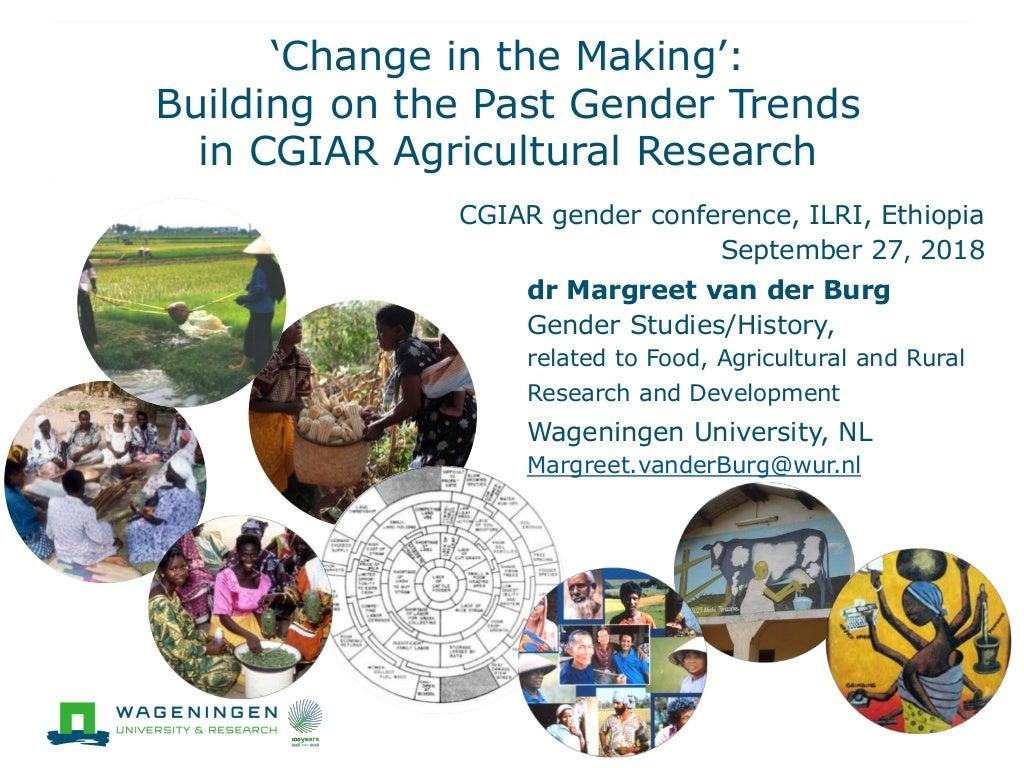
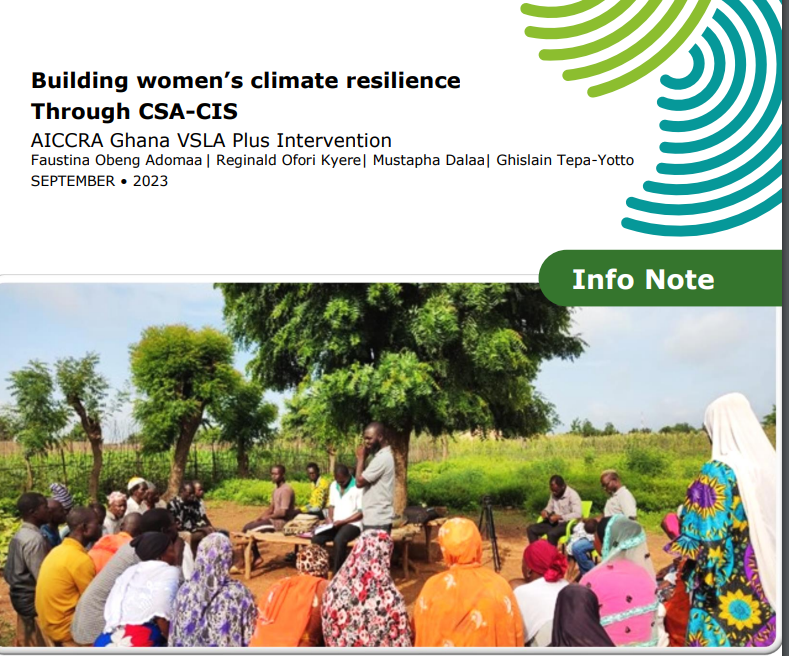
Building women's climate resilience: AICCRA Ghana VSLA plus intervention
Adomaa FO, Kyere RO, Dalaa M, Tepa-Yotto G. 2023. Building women's climate resilience: AICCRA Ghana VSLA plus intervention. AICCRA Info Note. Accelerating Impacts of CGIAR Climate Research for Africa (AICCRA).
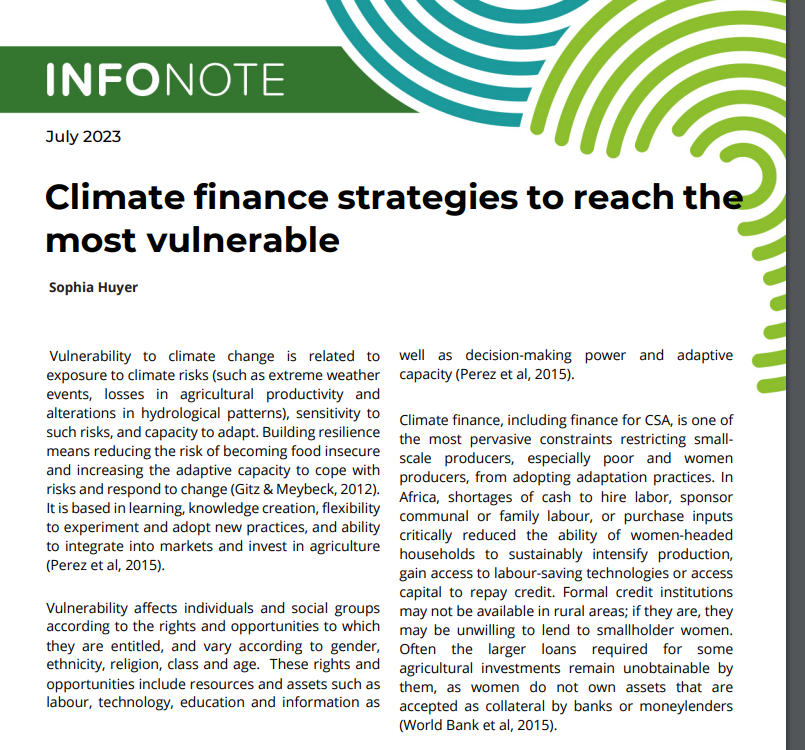
Climate finance strategies to reach the most vulnerable
Huyer S. 2023. Climate finance strategies to reach the most vulnerable. AICCRA Info Note. Accelerating Impacts of CGIAR Climate Research for Africa (AICCRA).
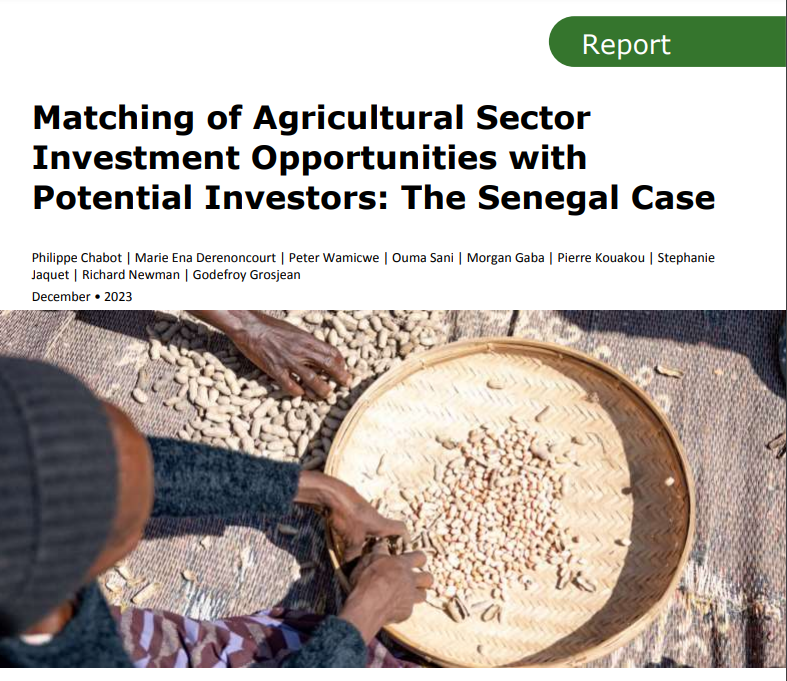
Matching of Investment Opportunities with Potential Investors/Financial Models in AICCRA Countries
Chabot P, Derenoncourt ME, Wamicwe P, Jaquet S, Sani O, Gaba M, Kouakou P, Grosjean G, Newman R. 2023. Matching of Investment Opportunities with Potential Investors/Financial Models in AICCRA Countries. AICCRA Info Note. Accelerating Impacts of CGIAR Climate Research for Africa (AICCRA).
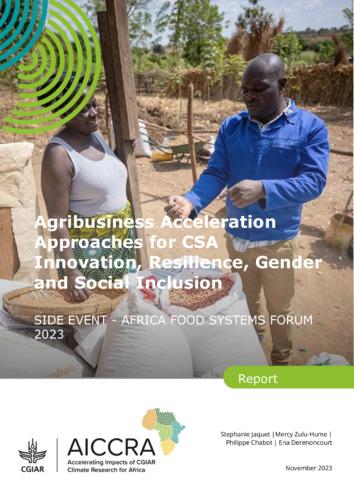
Agribusiness acceleration approaches for CSA innovation, resilience, gender and social inclusion- Side Event - Africa Food Systems Forum 2023
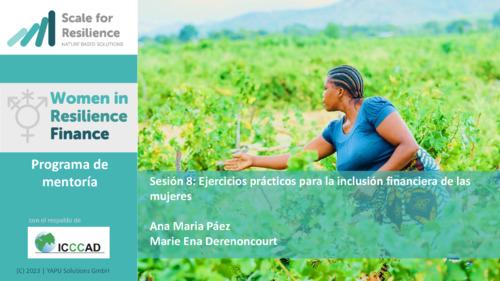
Ejercicios prácticos para la inclusión financiera de las mujeres
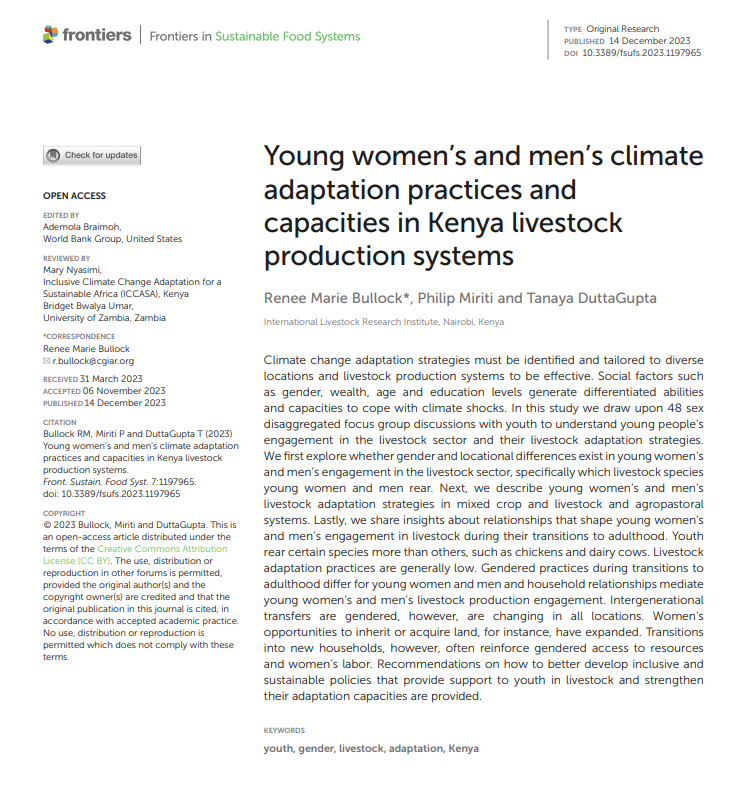
Young women's and men's climate adaptation practices and capacities in Kenya livestock production systems
Bullock, R.M., Miriti, P. and DuttaGupta, T. 2023. Young women's and men's climate adaptation practices and capacities in Kenya livestock production systems. Frontiers in Sustainable Food Systems 7: 1197965.
Youth engagement in livestock production and marketing in East Africa
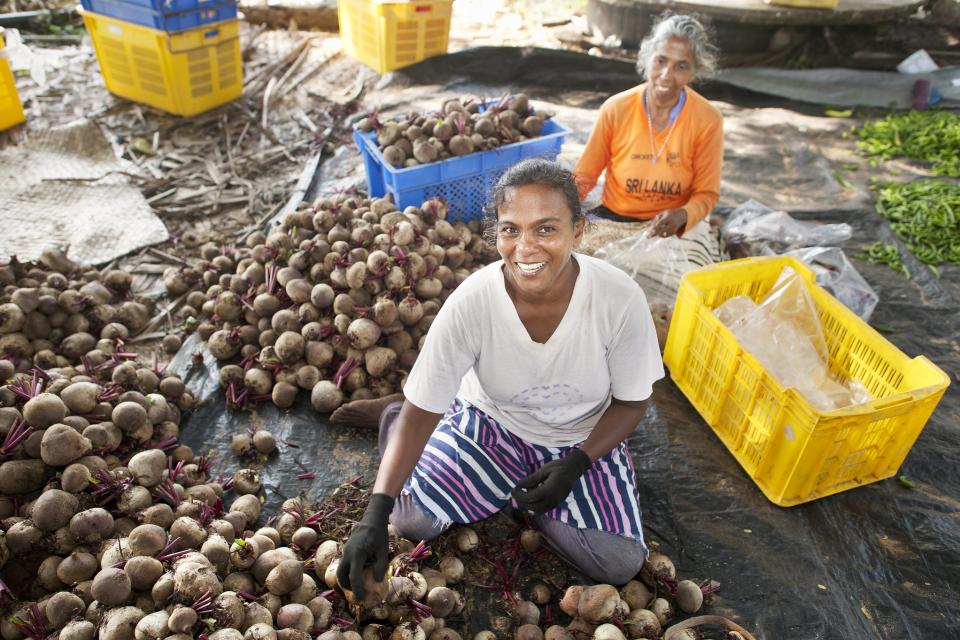
Invest in women’s economic empowerment
Investing in women's economic empowerment means supporting women's entrepreneurship and involvement in agribusinesses, which in turn can advance food security, economic growth and gender equality. The barriers that women agripreneurs still face can be overcome by, for example, supporting peer-to-peer learning and collective action.
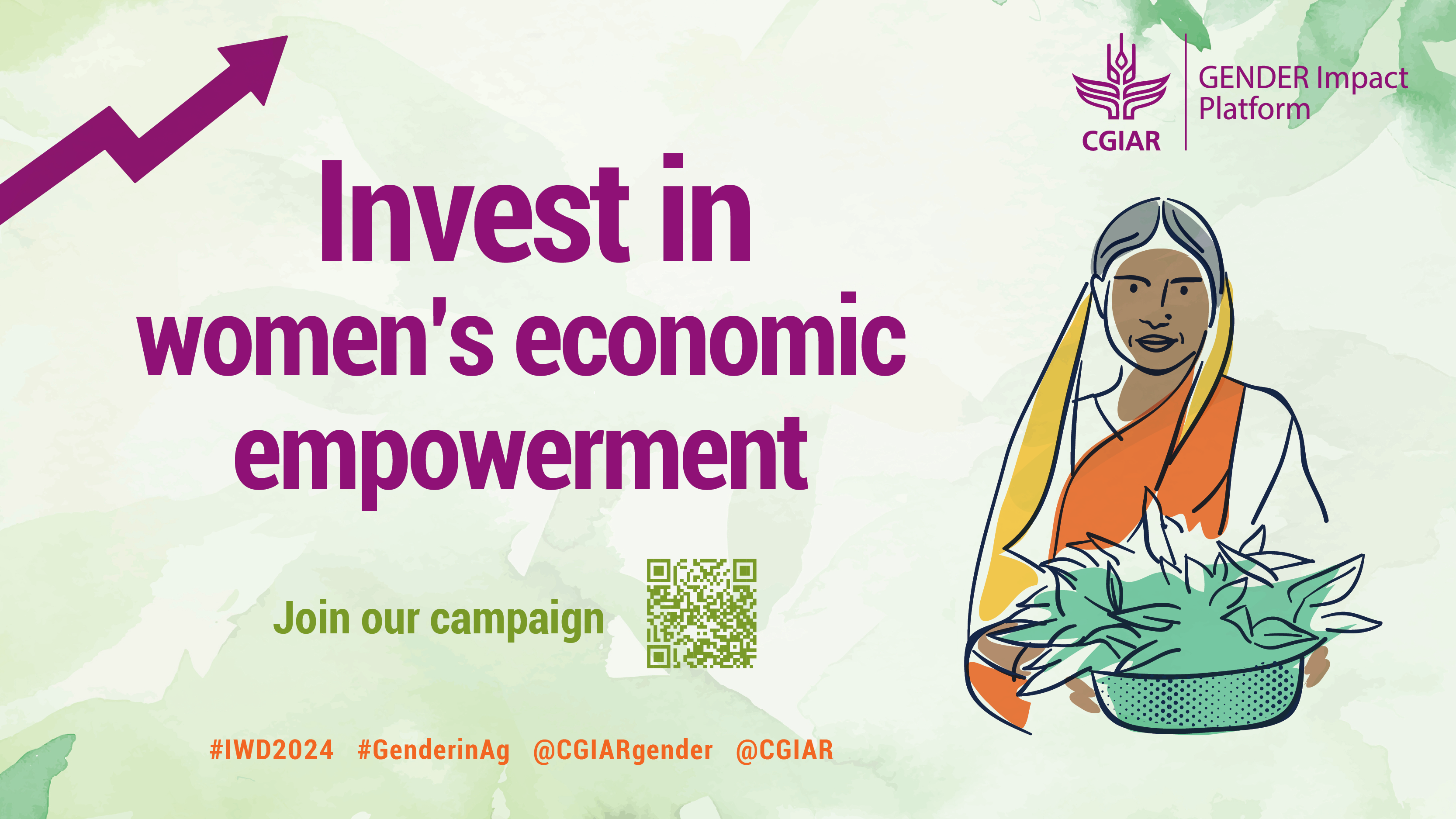
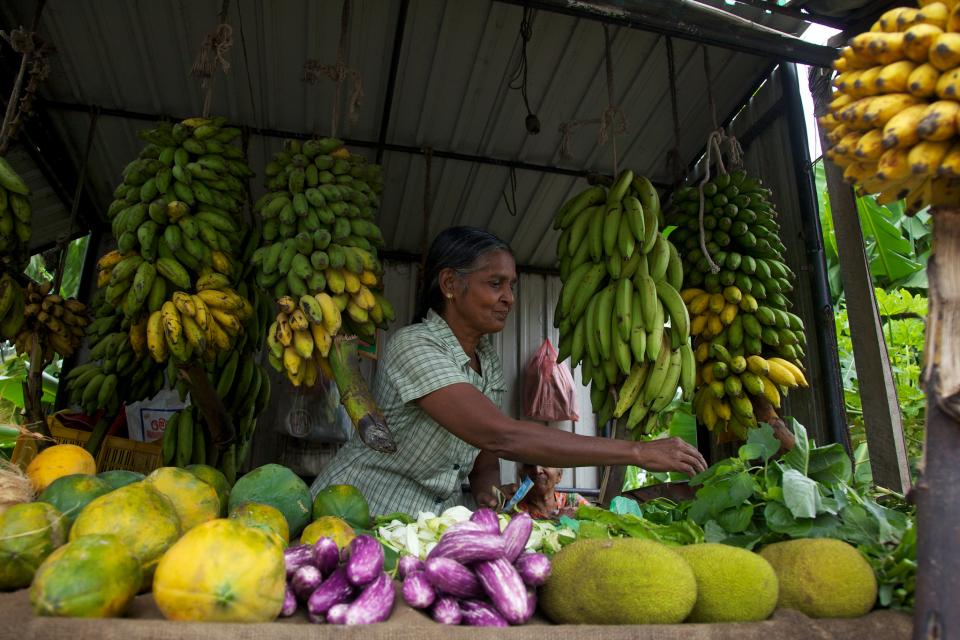
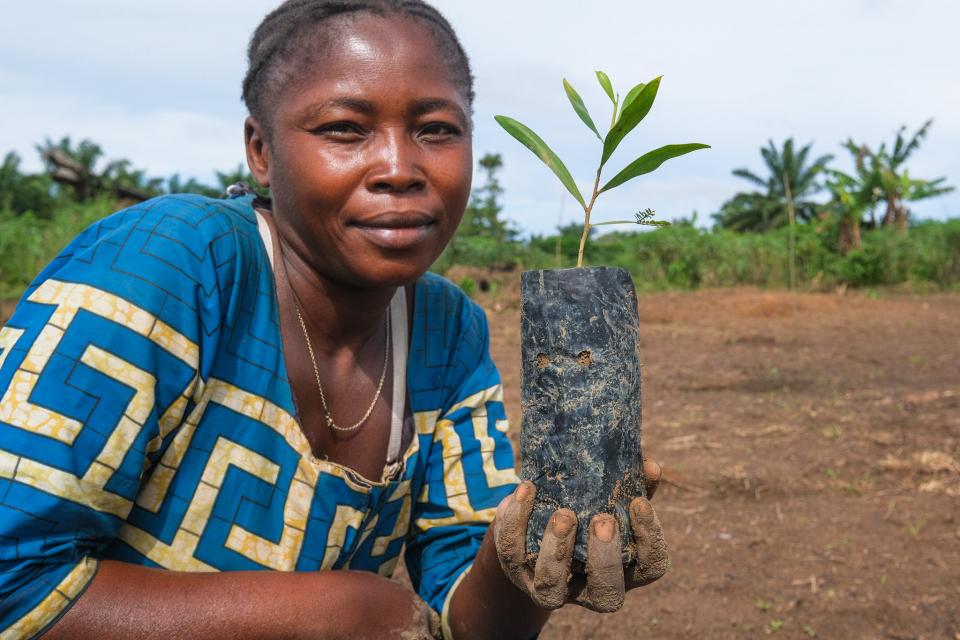
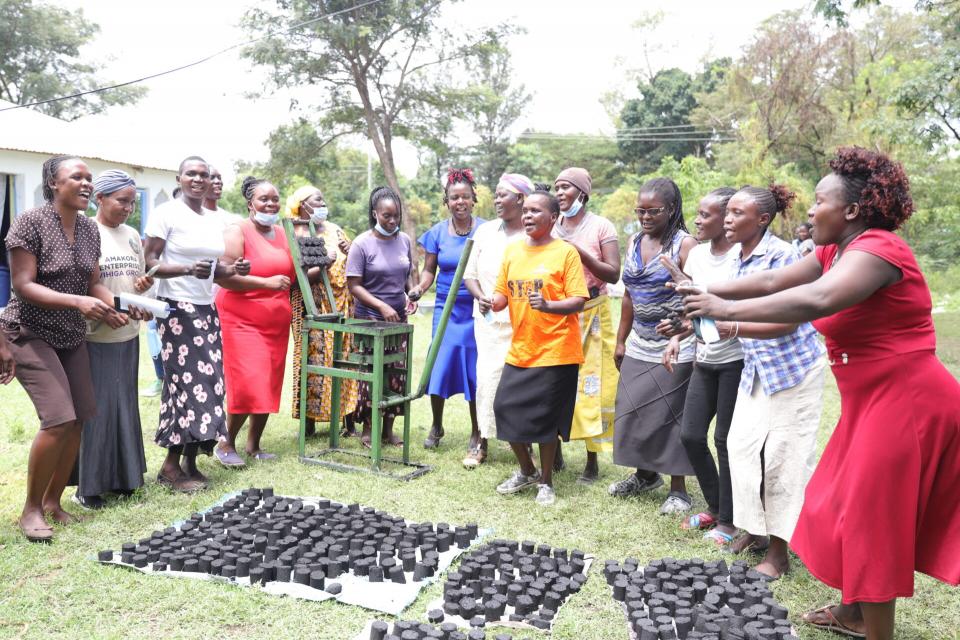
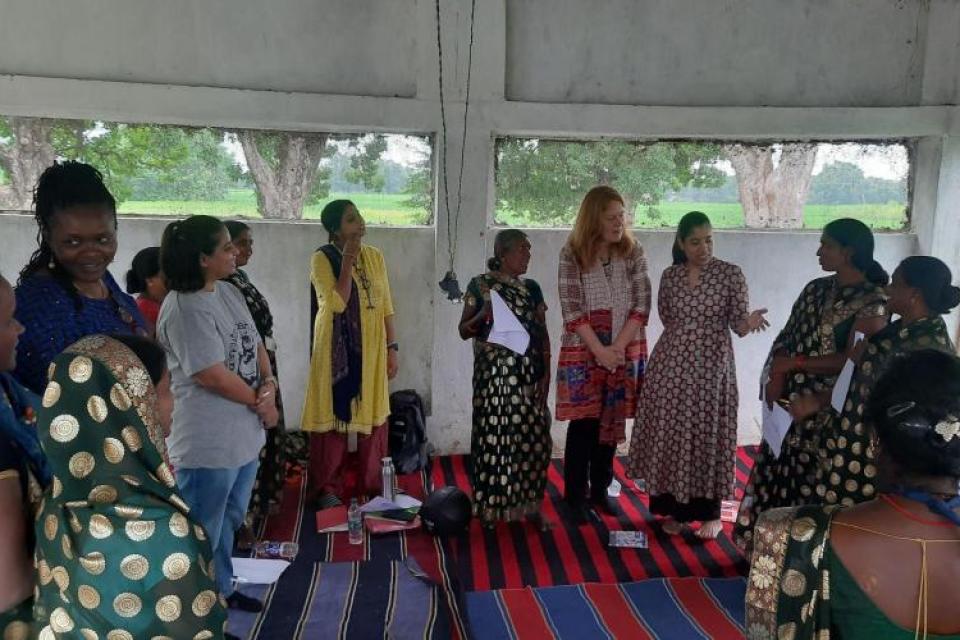
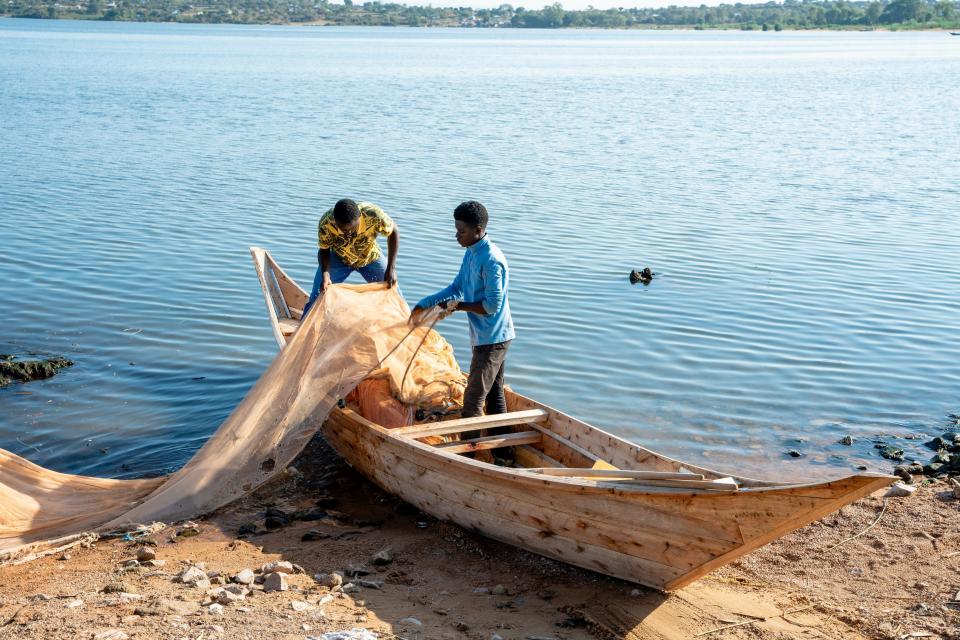
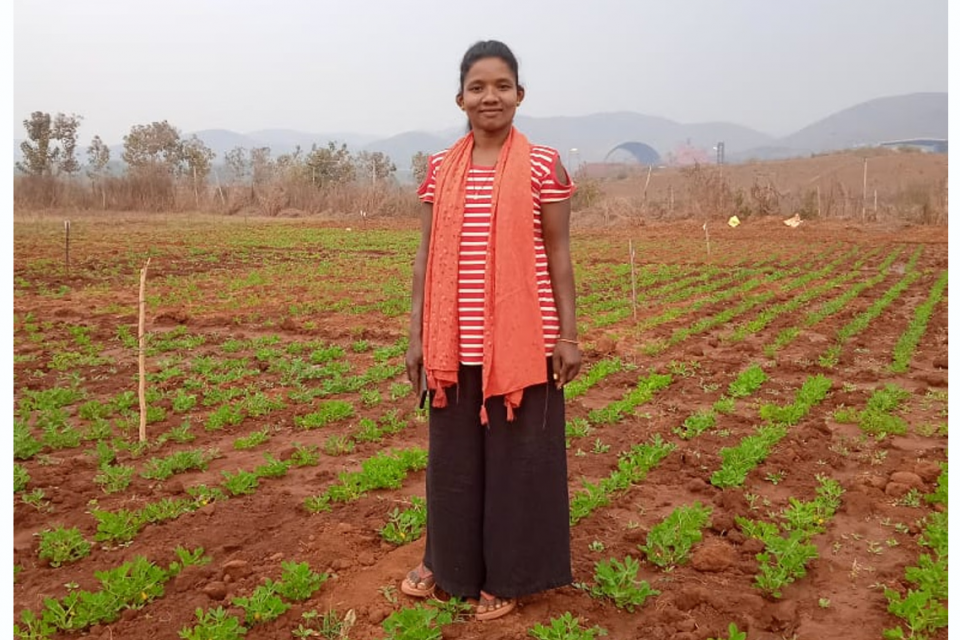
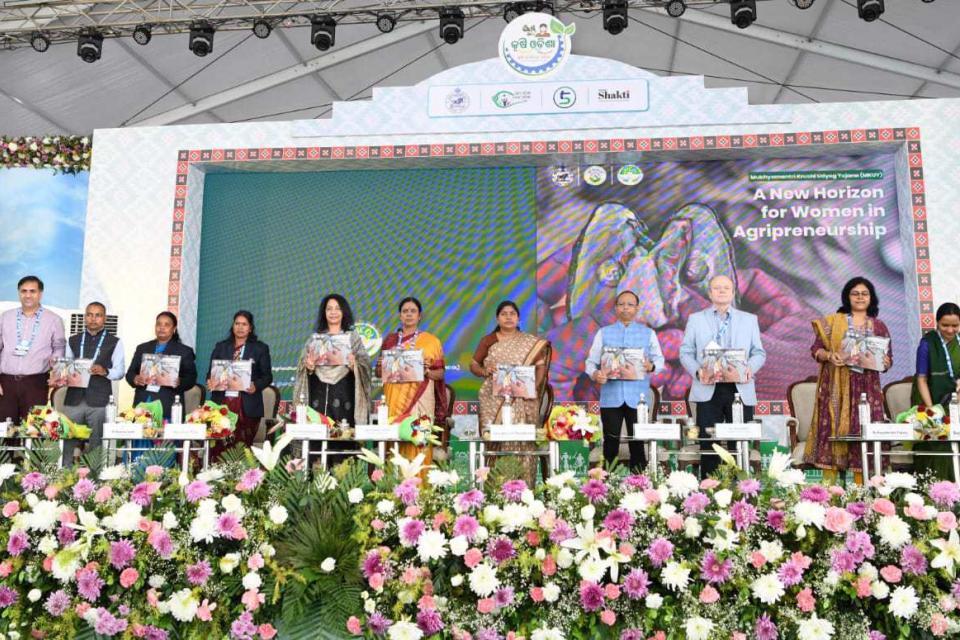
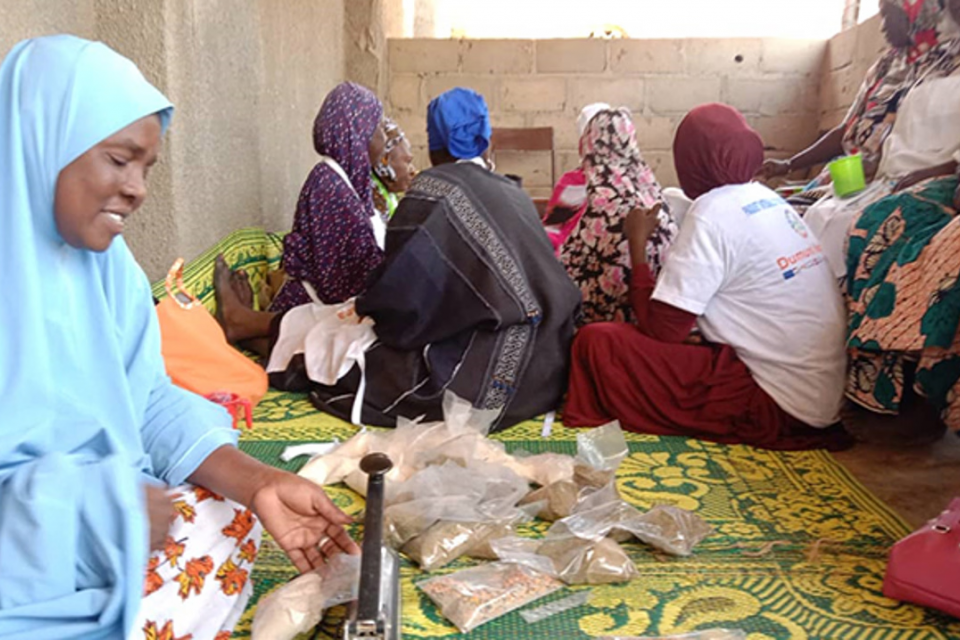
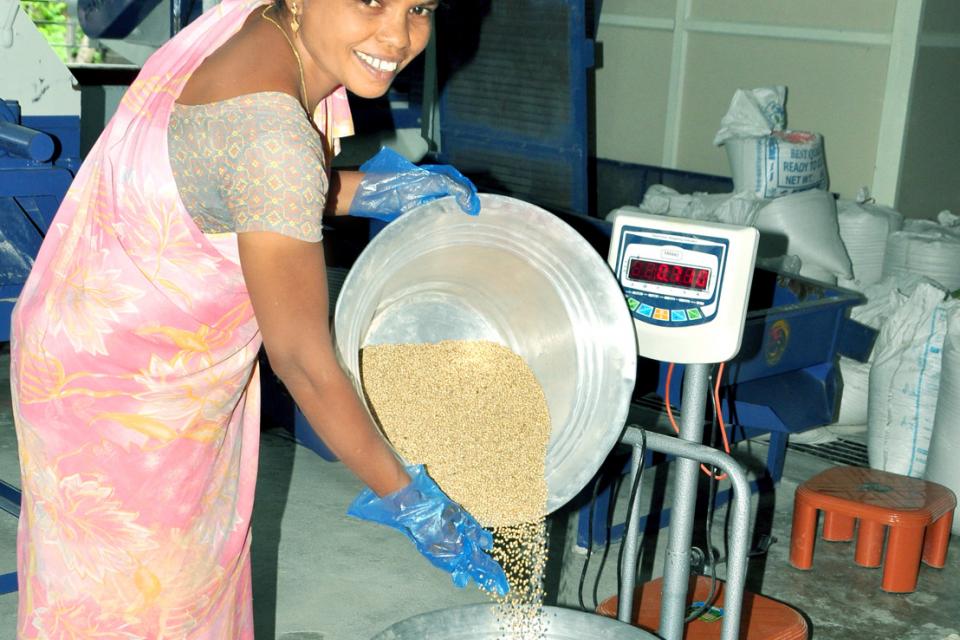
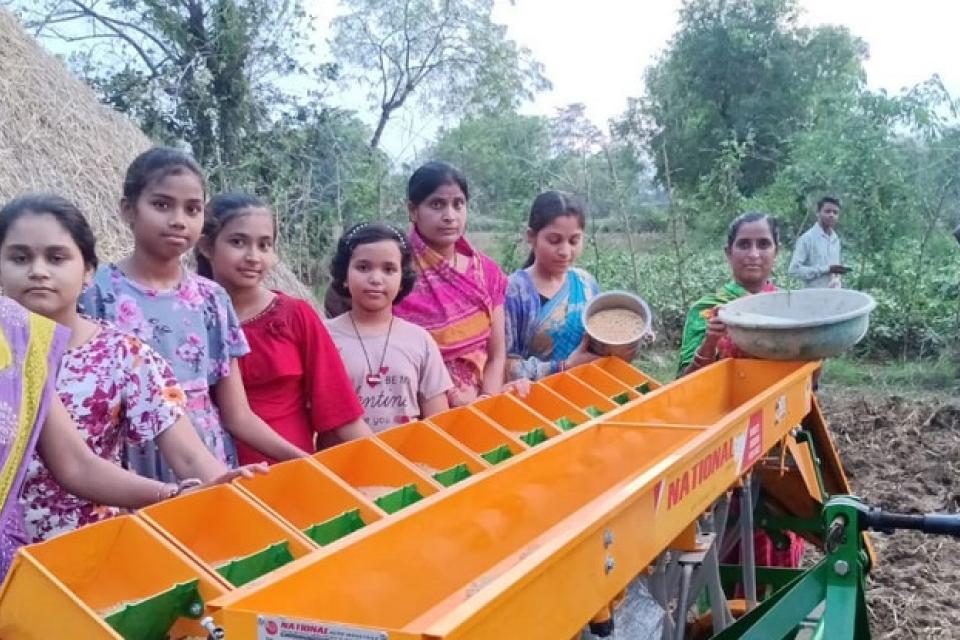
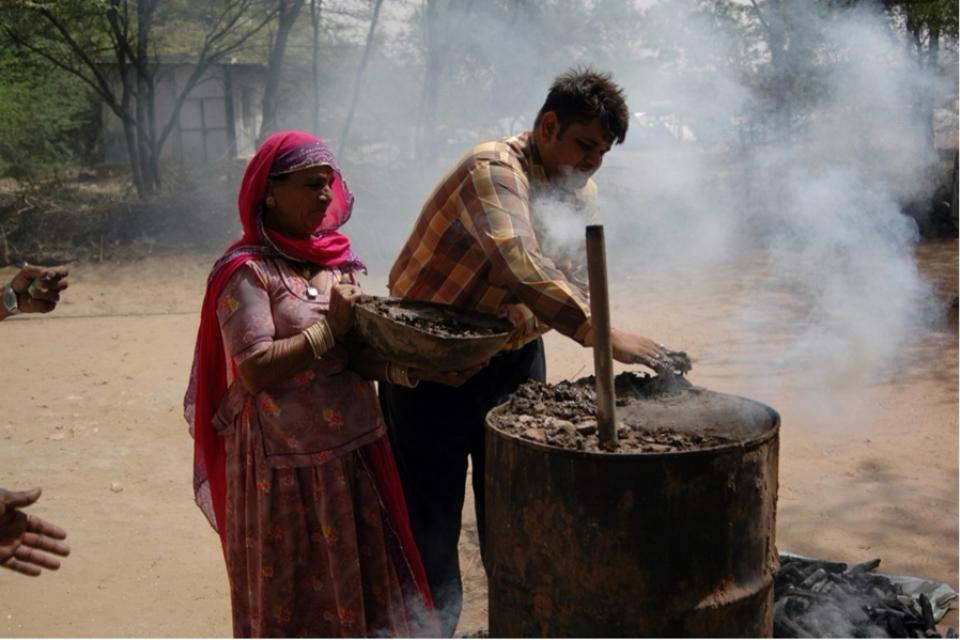
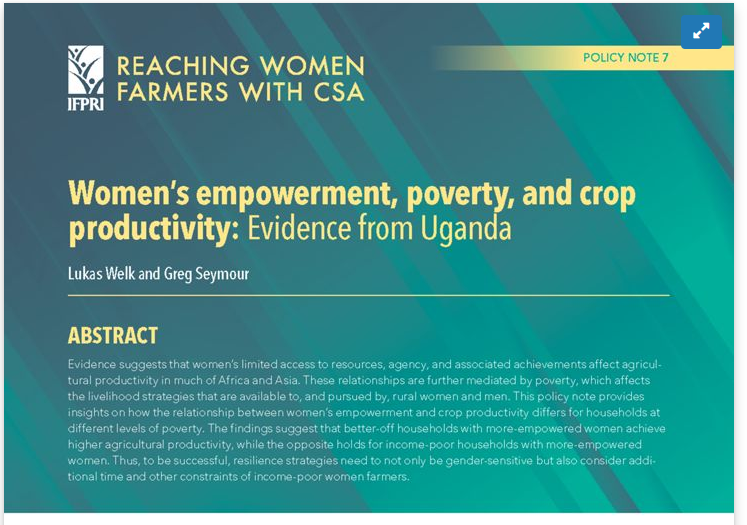
Women’s empowerment, poverty, and crop productivity: Evidence from Uganda
Welk, Lukas; and Seymour, Greg. 2023. Women’s empowerment, poverty, and crop productivity: Evidence from Uganda. Reaching Women Farmers With CSA Policy Note 7. Washington, DC: International Food Policy Research Institute (IFPRI). https://doi.org/10.2499/p15738coll2.137055
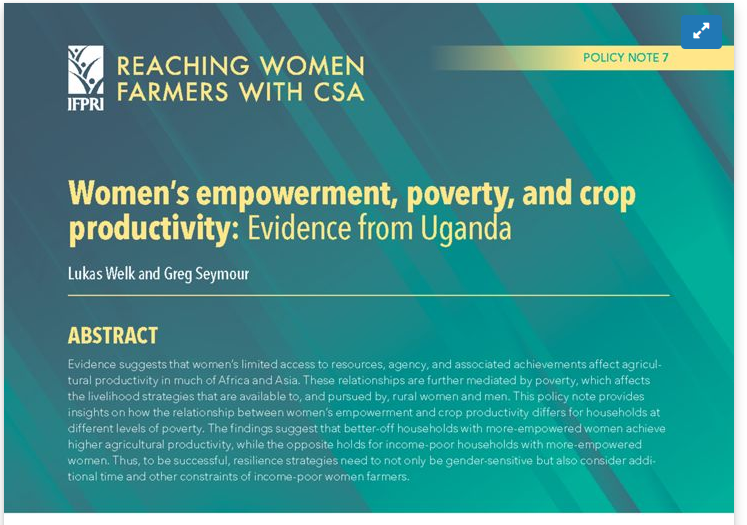
The Causal Effect of Early Marriage on Women's Bargaining Power: Evidence from Bangladesh
Salauddin Tauseef, Farha Deba Sufian, The Causal Effect of Early Marriage on Women's Bargaining Power: Evidence from Bangladesh, The World Bank Economic Review, 2024;, lhad046, https://doi.org/10.1093/wber/lhad046
Women-led cooperative driving adoption of climate-smart agriculture strategies in Makindu, Makueni County
How gender norms constrain women's economic resilience to climate change challenges in Nigeria
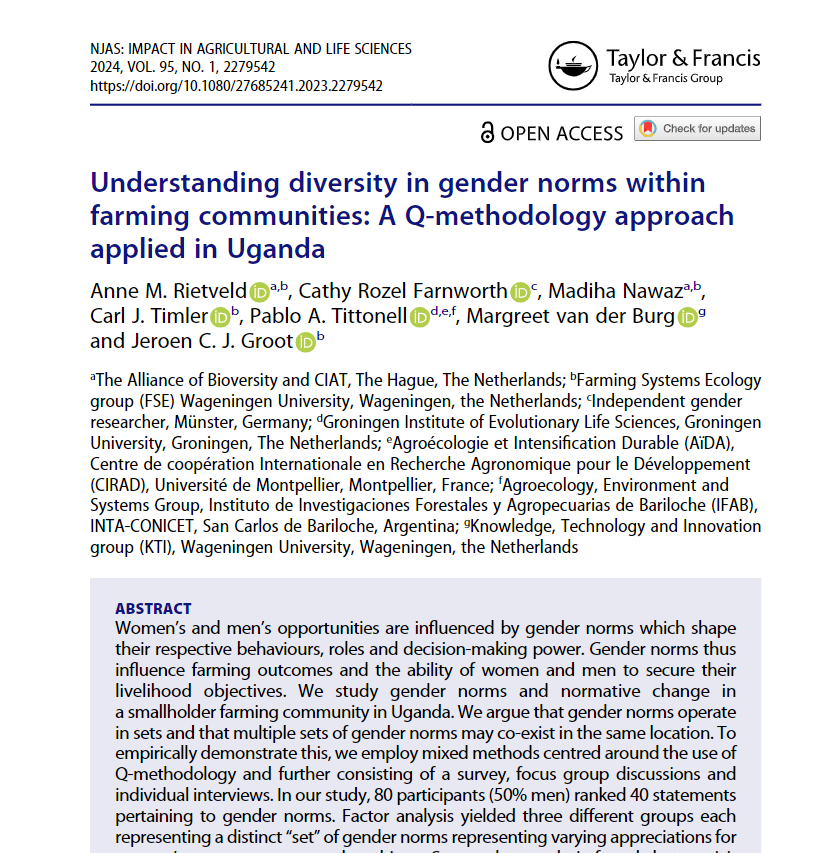
Understanding diversity in gender norms within farming communities: A Q-methodology approach applied in Uganda
Anne M. Rietveld, Cathy Rozel Farnworth, Madiha Nawaz, Carl J. Timler, Pablo A. Tittonell, Margreet van der Burg & Jeroen C. J. Groot (2023) Understanding diversity in gender norms within farming communities: A Q-methodology approach applied in Uganda, NJAS: Impact in Agricultural and Life Sciences, 95:1, DOI: 10.1080/27685241.2023.2279542
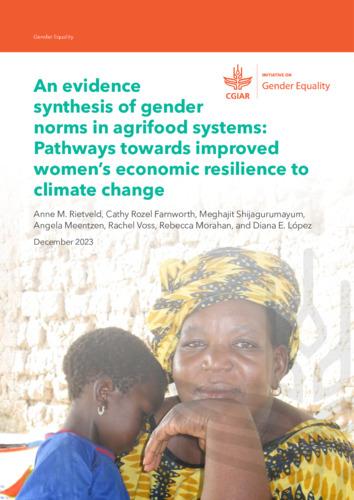
An evidence synthesis of gender norms in agrifood systems: Pathways towards improved women’s economic resilience to climate change
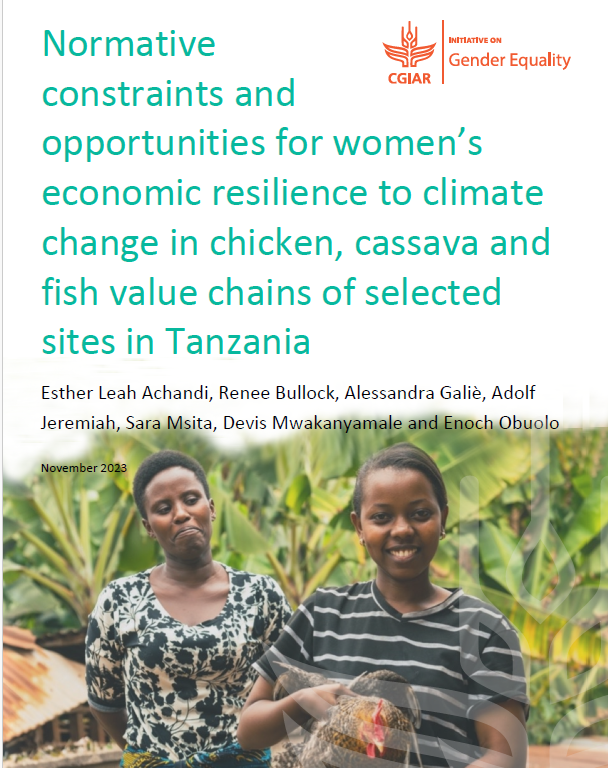
Normative constraints and opportunities for women’s economic resilience to climate change in chicken, cassava and fish value chains of selected sites in Tanzania
Achandi, E., Bullock R., Galiè, A., Jeremiah, A., Msita, S., Mwakanyamale, D. and Obuolo, E. 2023. Normative constraints and opportunities for women’s economic resilience to climate change in chicken, cassava and fish value chains of selected sites in Tanzania. Nairobi, Kenya: CGIAR Gender Equality Initiative.
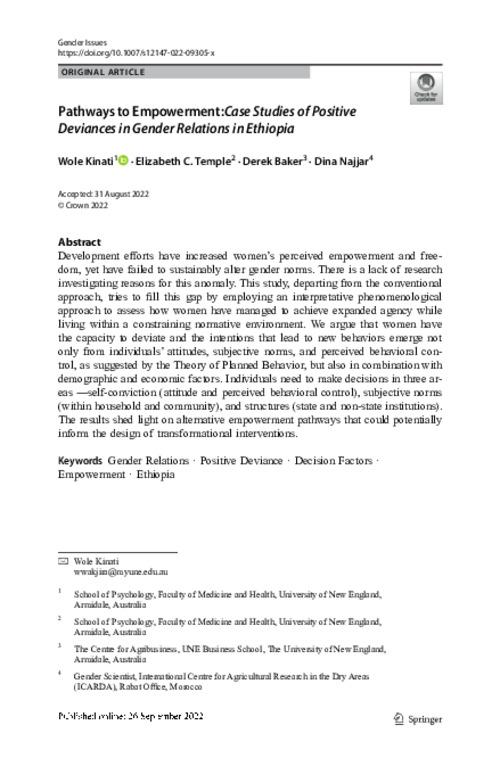
Pathways to Empowerment: Case Studies of Positive Deviances in Gender Relations in Ethiopia
Small ruminant value chain and empowerment: a gendered baseline study from Ethiopia

Can a cash crop be a women’s crop?: Examining gender norms, relations and equity around lentil commercialization in Ethiopia
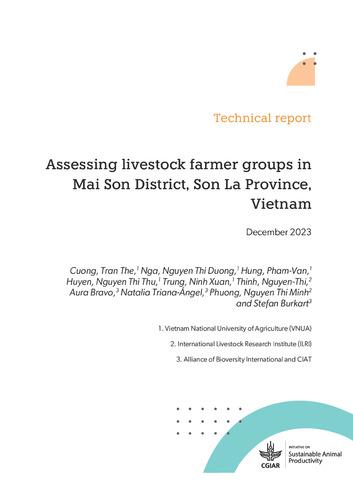
Assessing livestock farmer groups in Mai Son District, Son La Province, Vietnam
Cuong, T.T., Nga, N.T.D., Hung, P.V., Huyen, N.T.T., Trung, N.X., Thinh, N.T., Bravo, A., Triana-Ángel, N., Phuong, P.T.M. and Burkart, S. 2023. Assessing livestock farmer groups in Mai Son District, Son La Province, Vietnam. Nairobi, Kenya: ILRI.
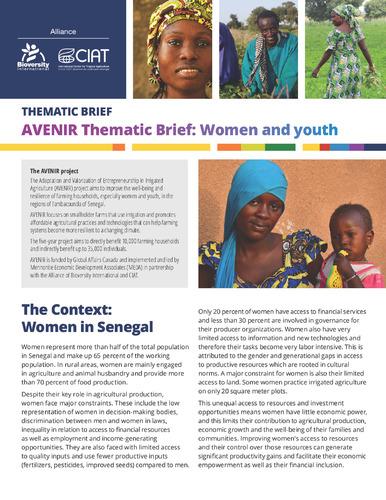
AVENIR Thematic Brief: Women and youth
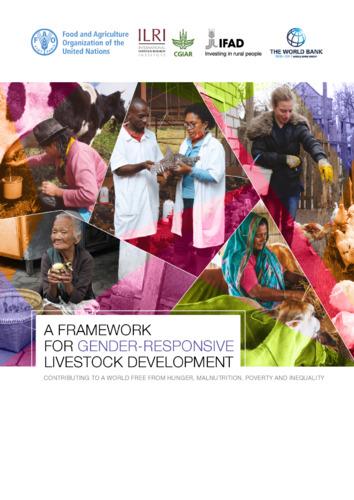
A framework for gender-responsive livestock development: Contributing to a world free from hunger, malnutrition, poverty and inequality
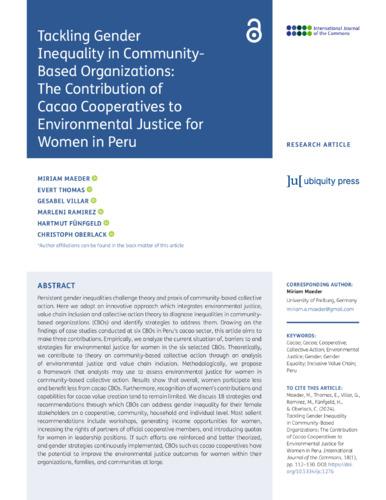
Tackling gender inequality in community-based organizations: The contribution of cacao cooperatives to environmental justice for women in Peru
Invest in research and innovations that work for women
Investing in agricultural solutions — from crops, to irrigation, to insurance — that work for women is essential. When such solutions are designed and scaled in gender-responsive ways, they enable women to invest in their own livelihoods and accelerate progress for their families, communities and countries.
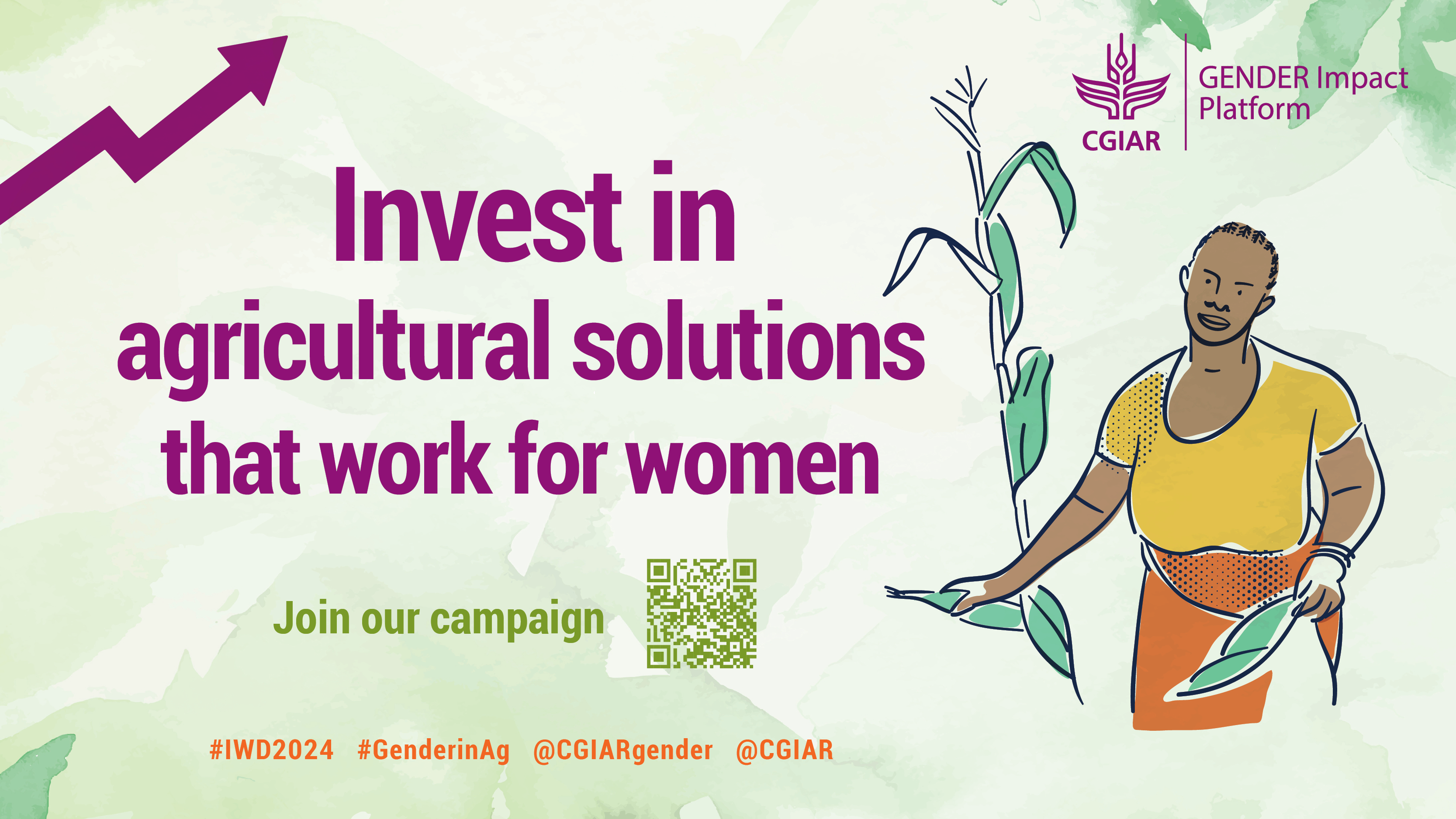
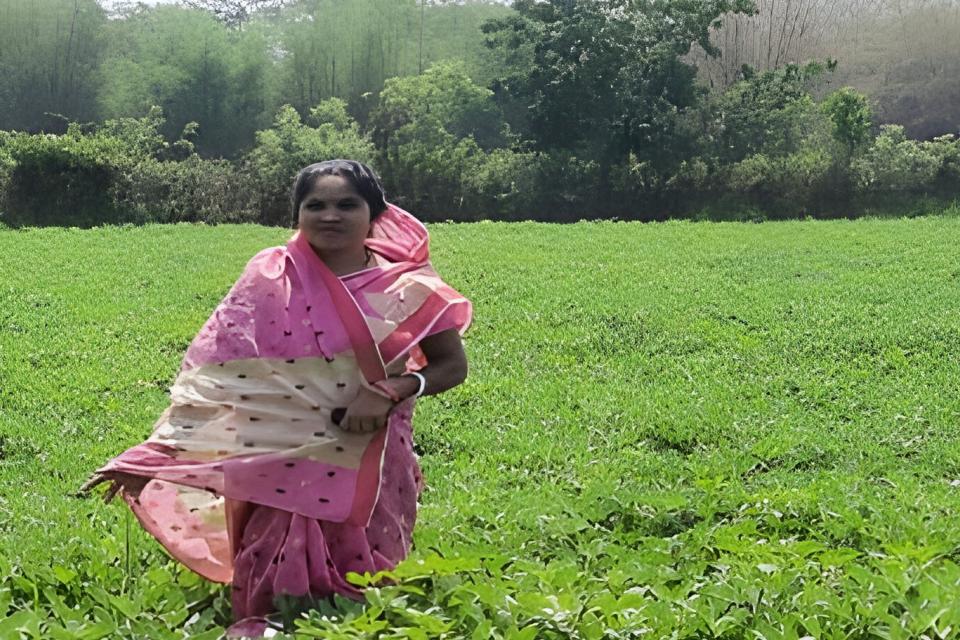
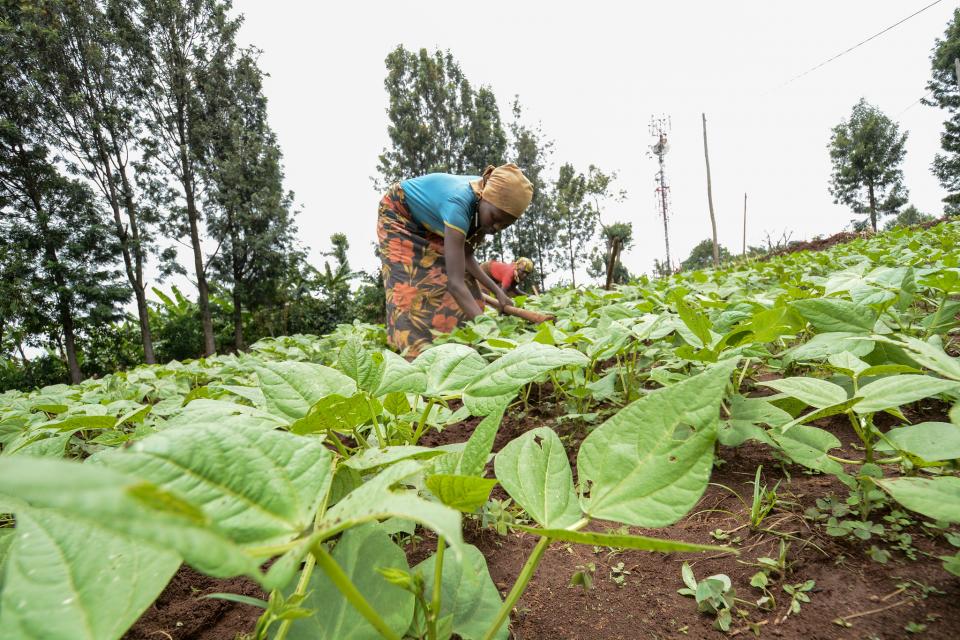
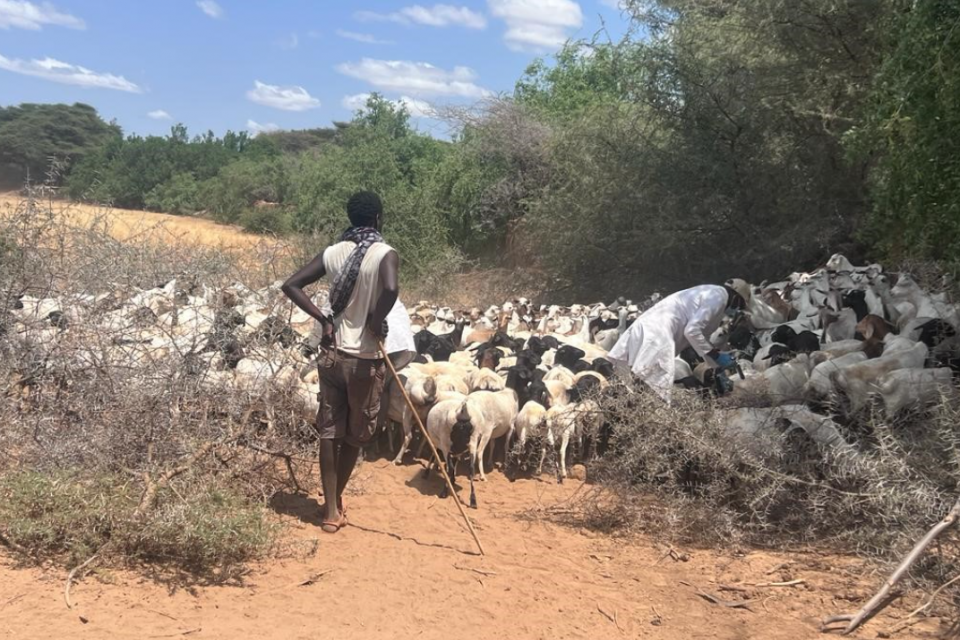
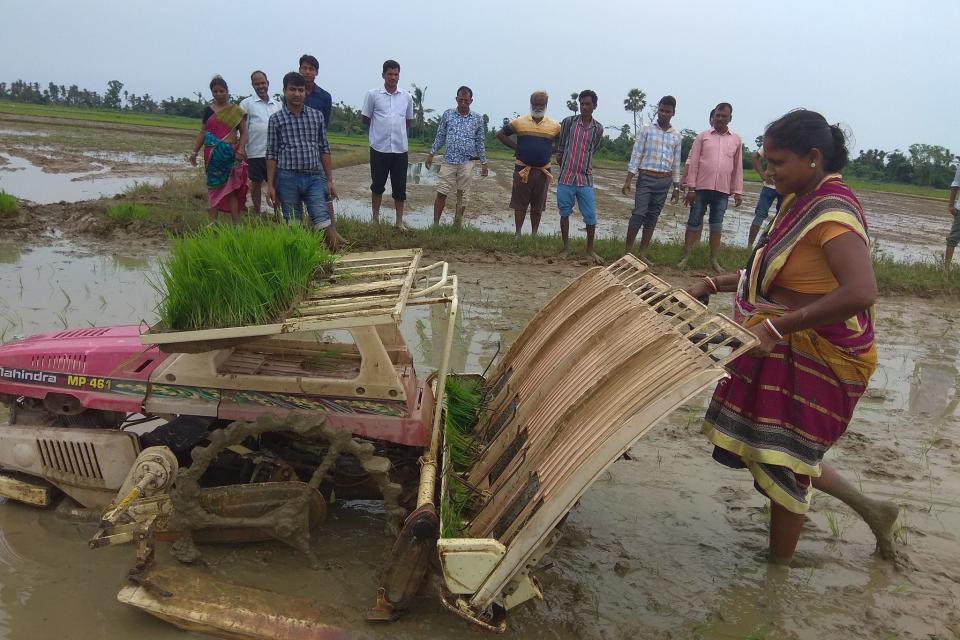

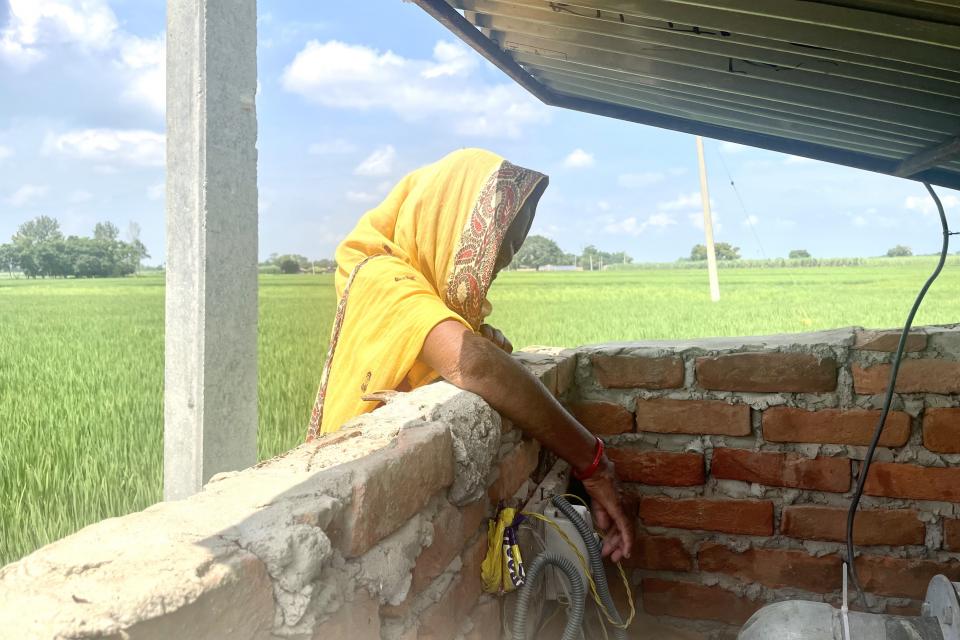
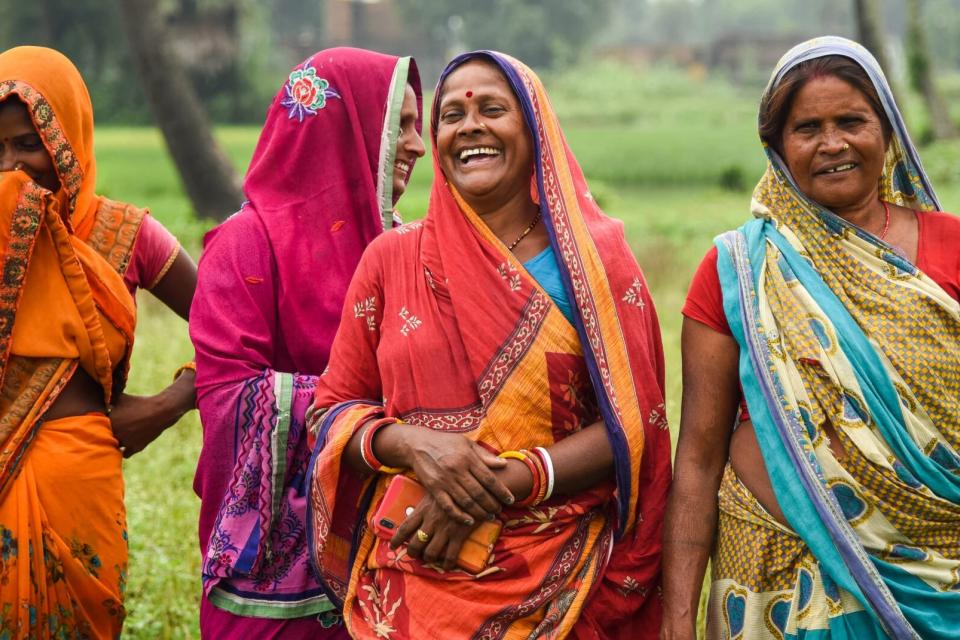
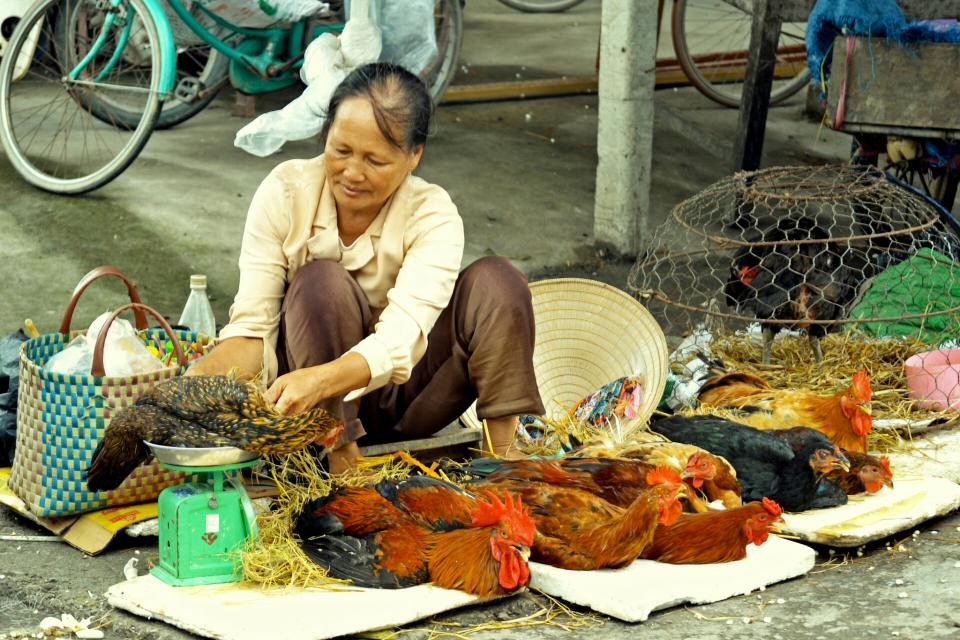
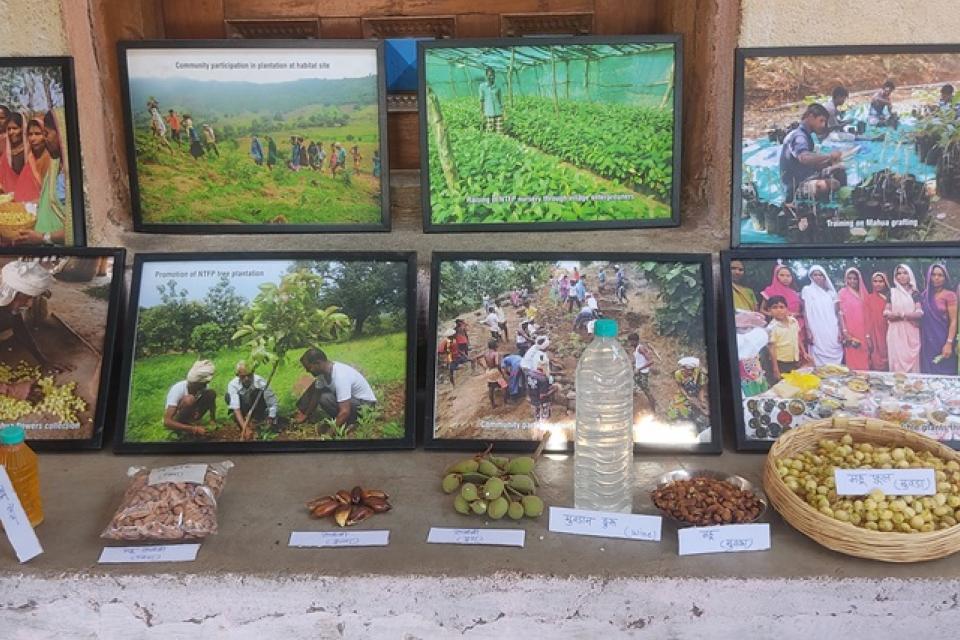
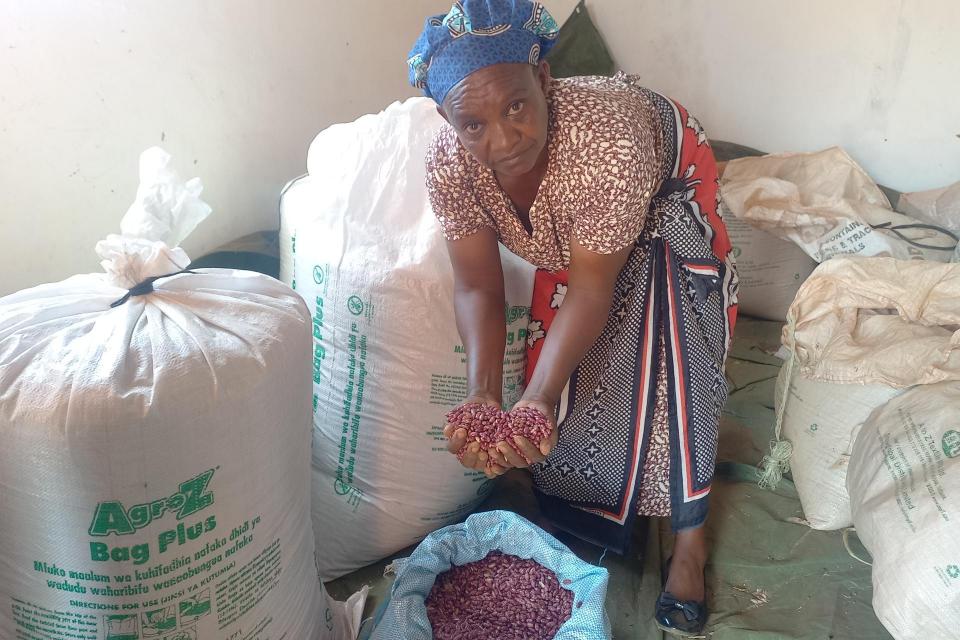
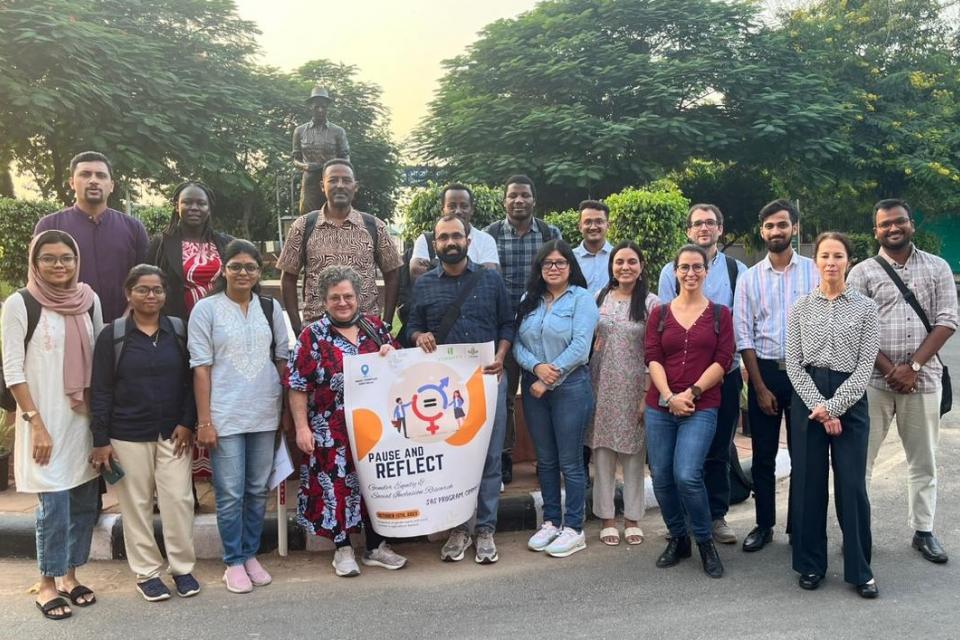
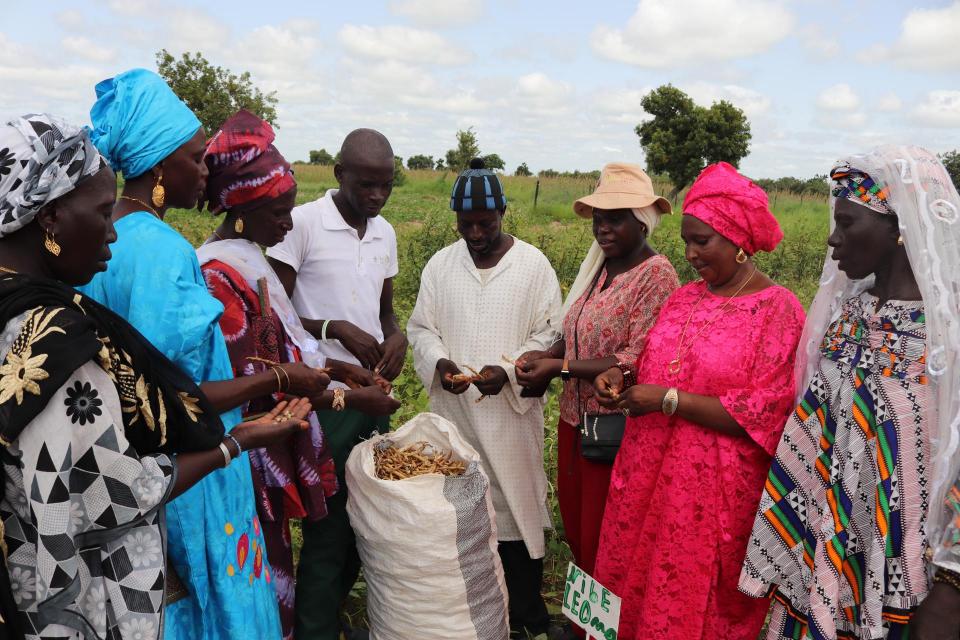
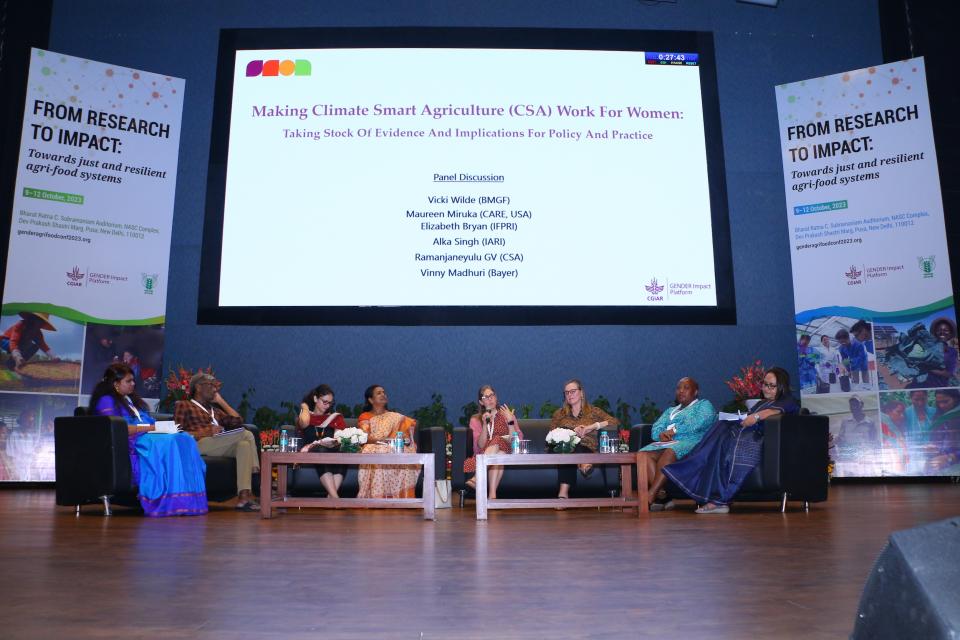
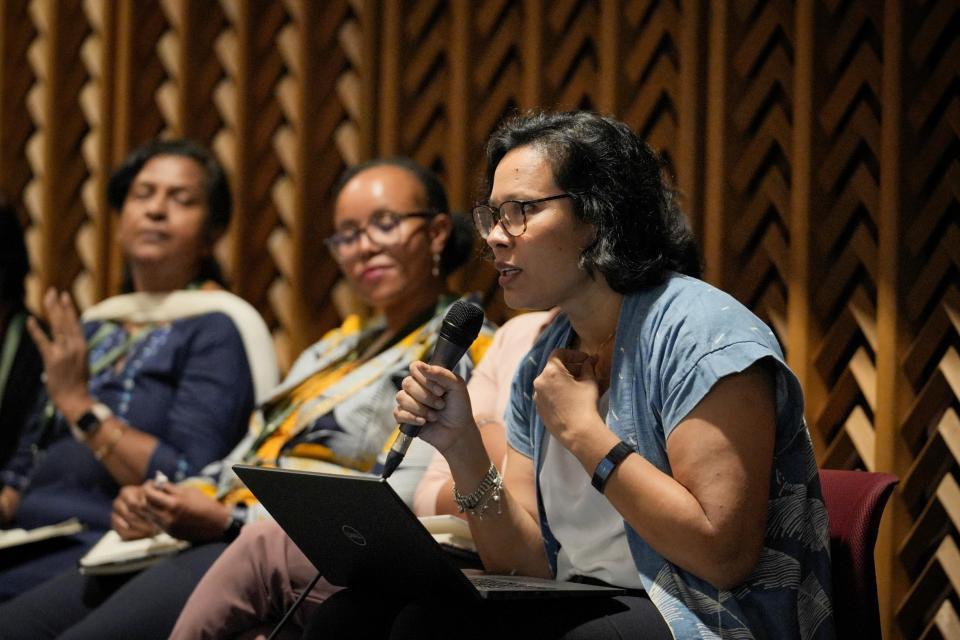
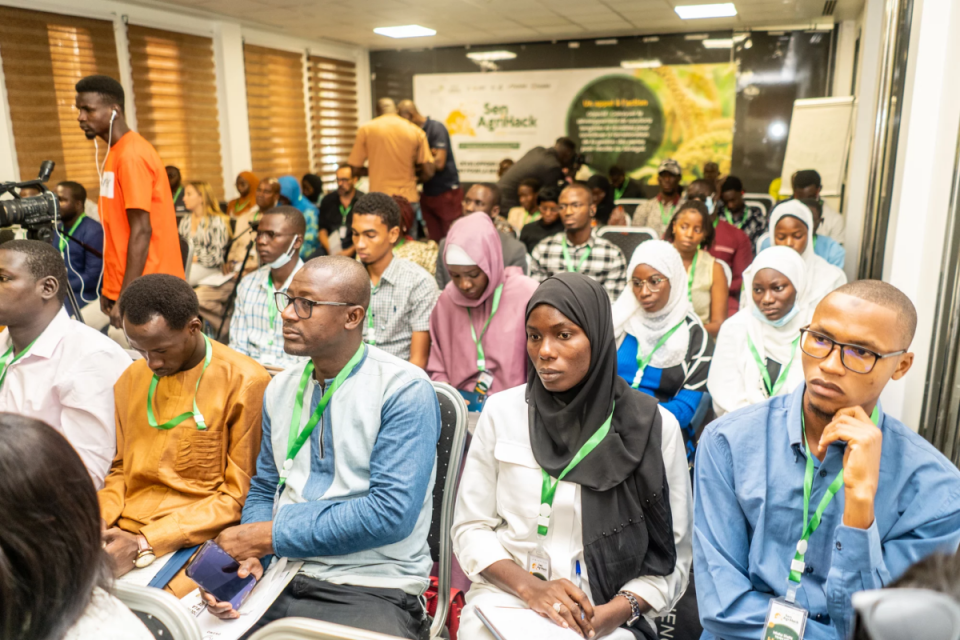
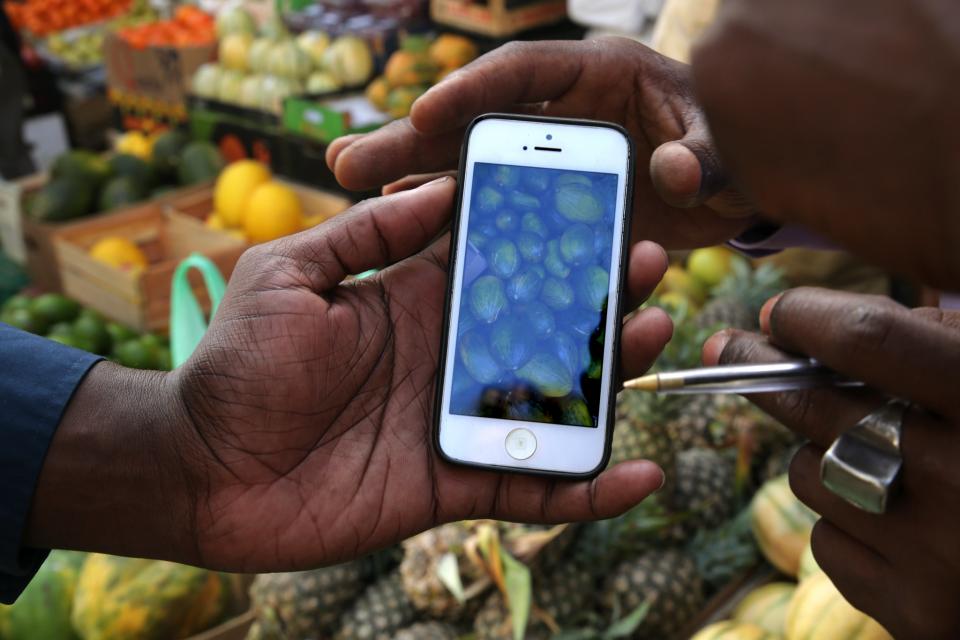
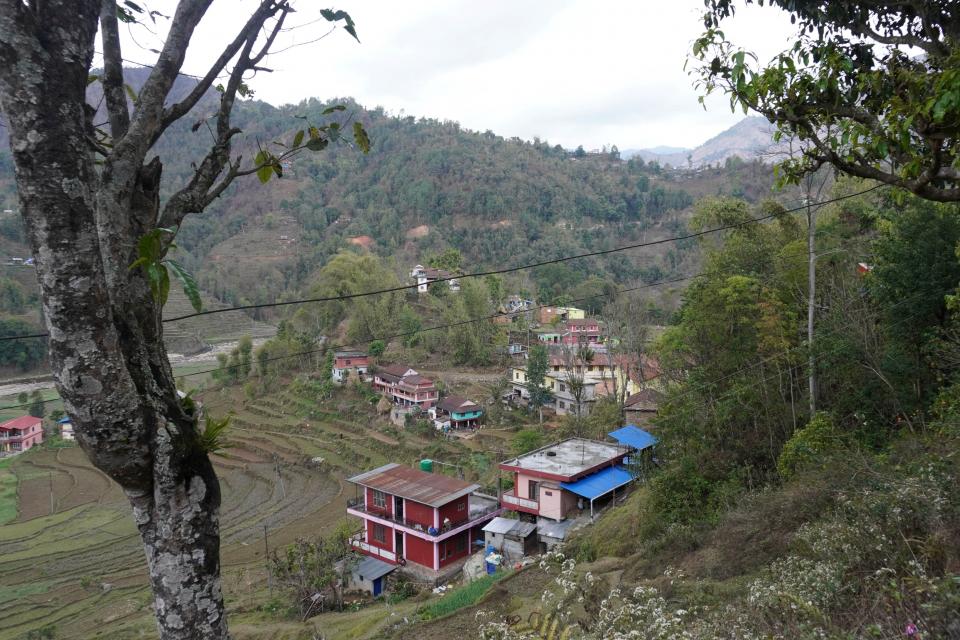
Exploring menstrual taboos in Nepal using new empowerment indicators for water, sanitation and hygiene
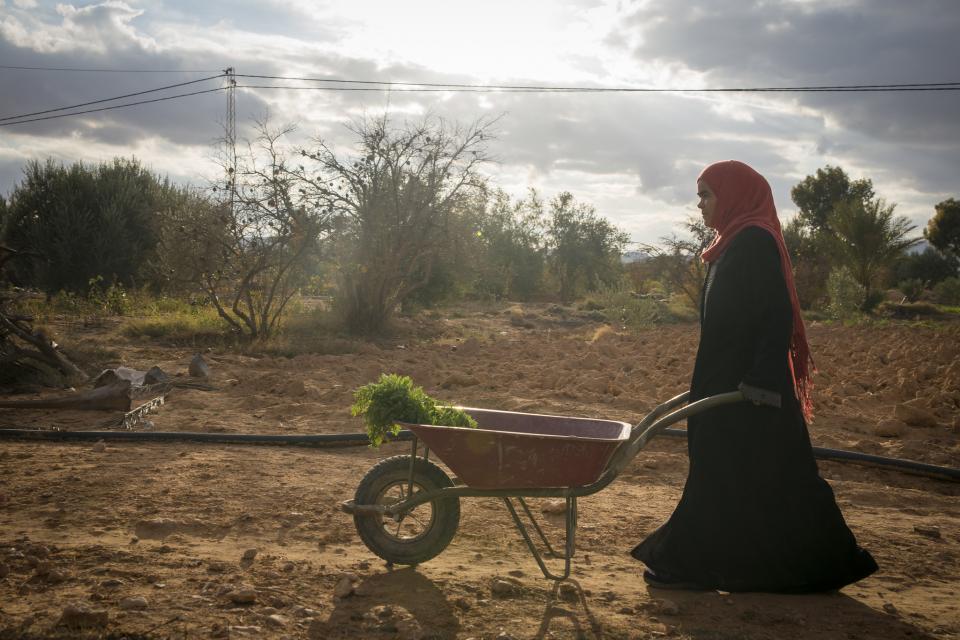
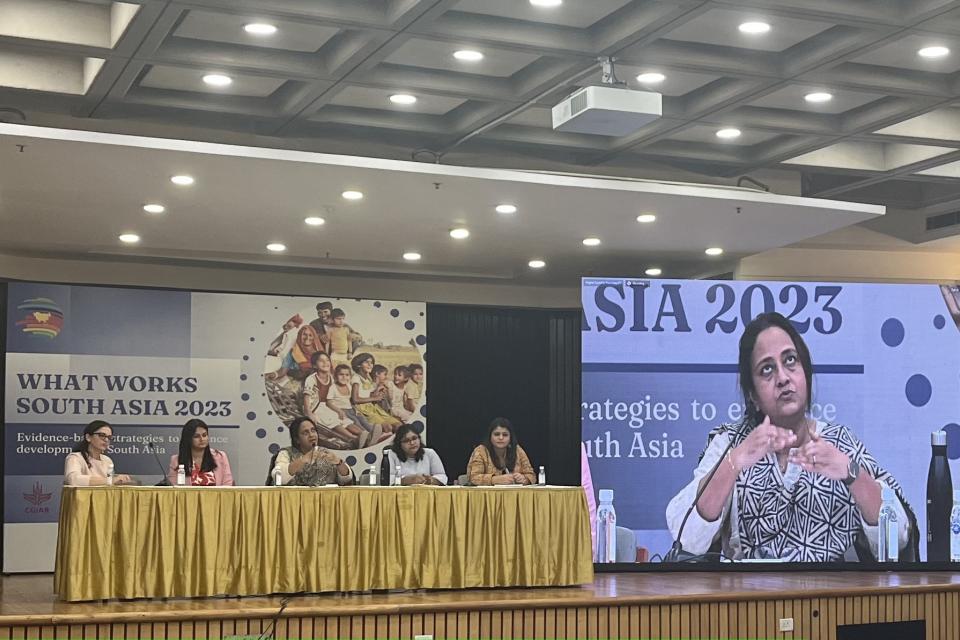
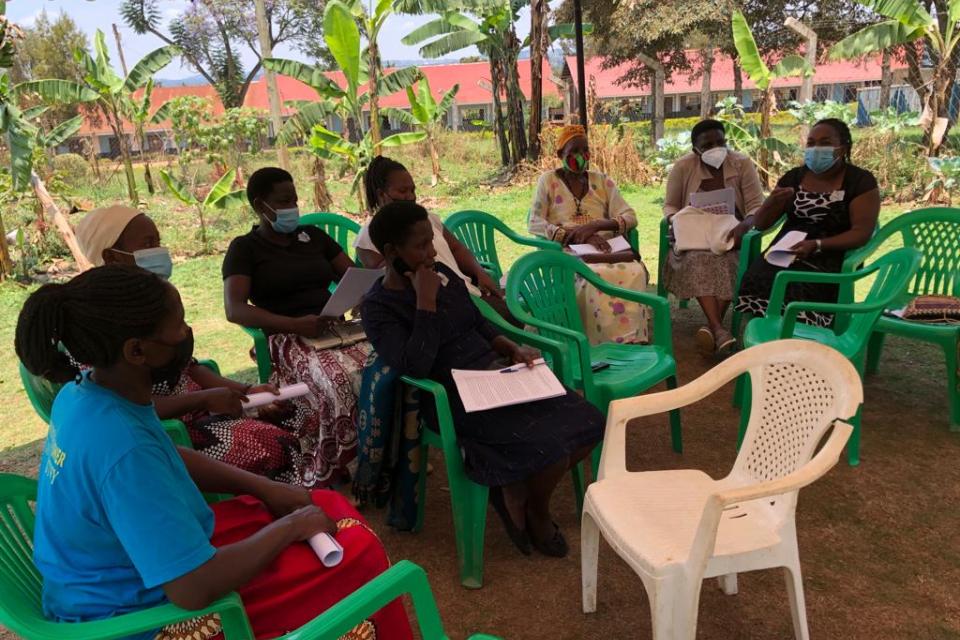
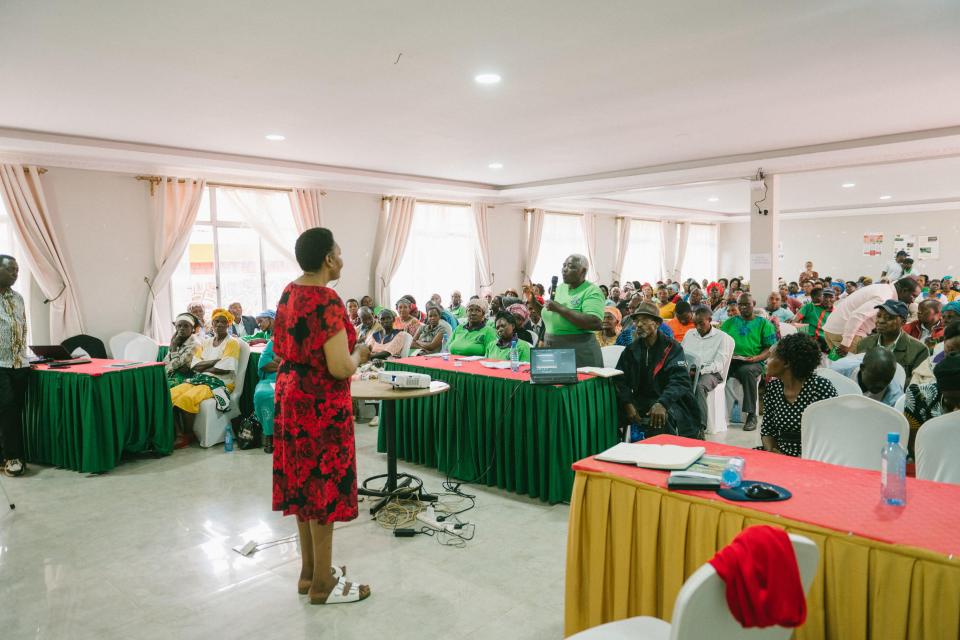
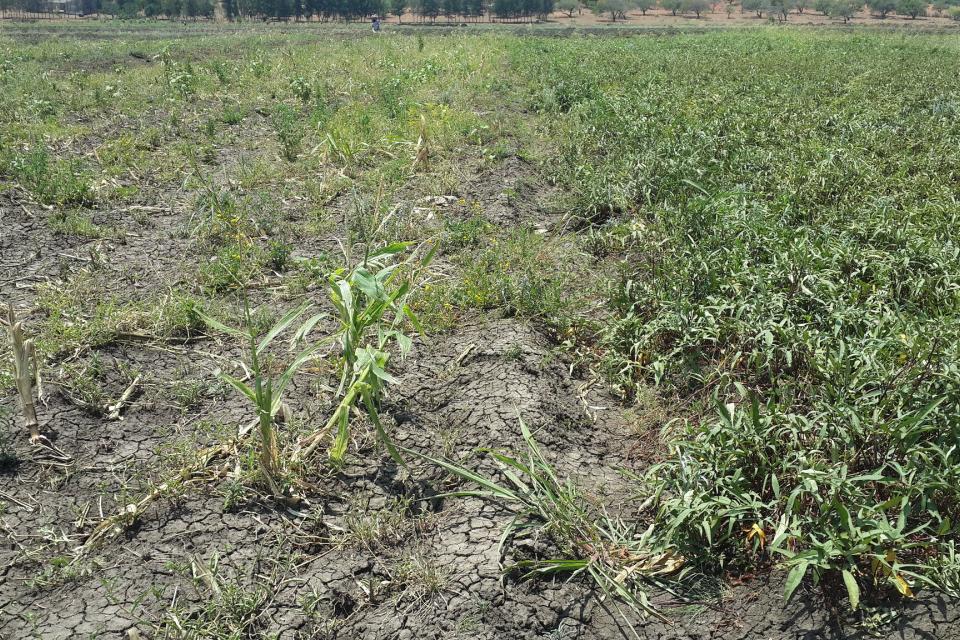
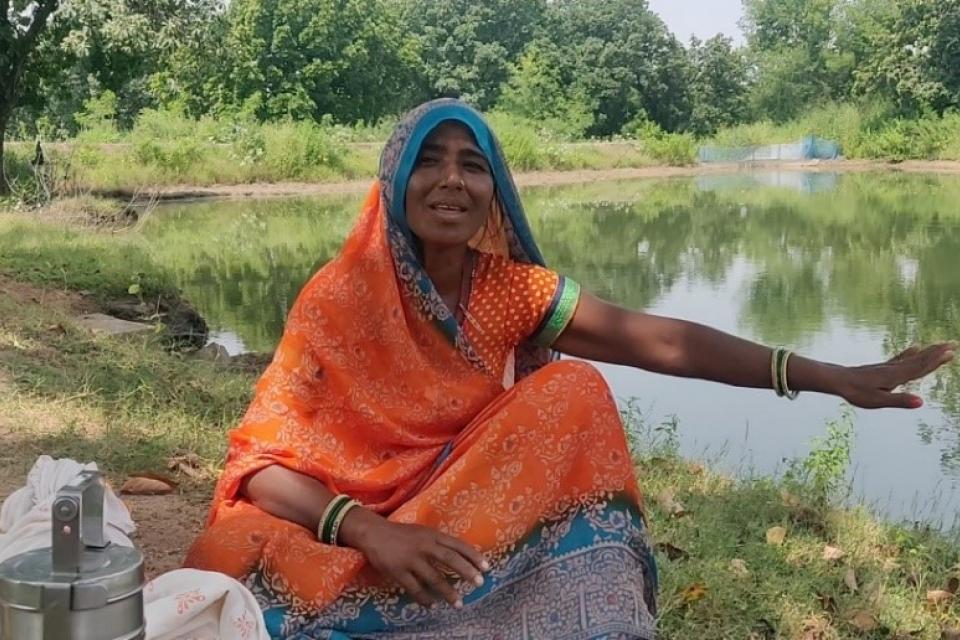
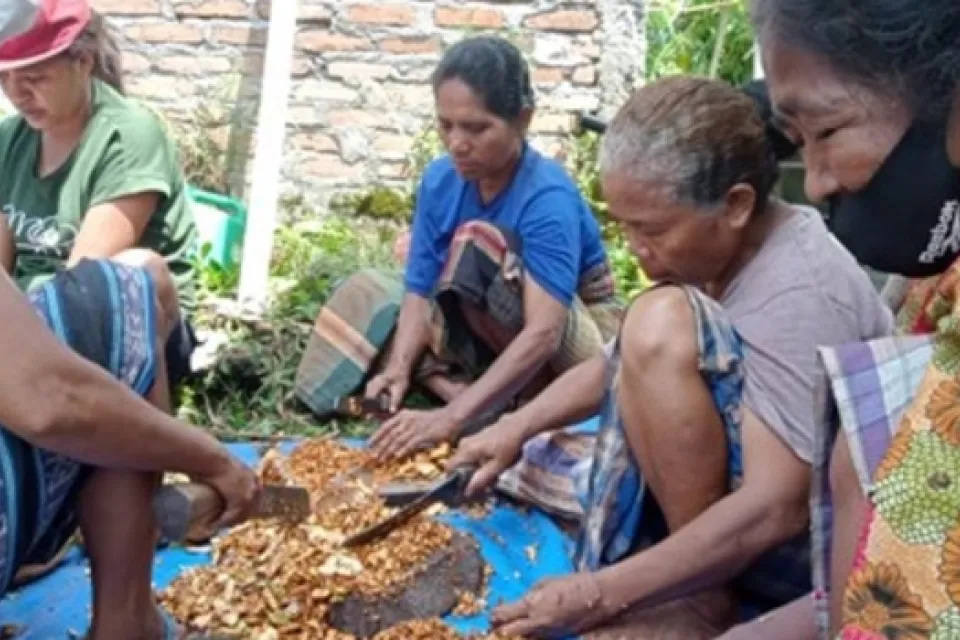
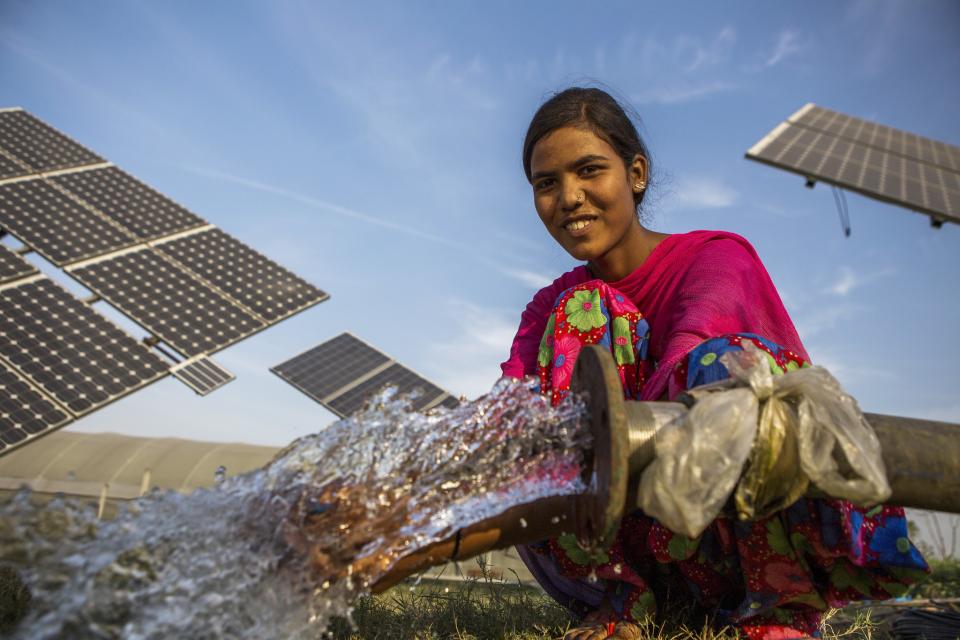
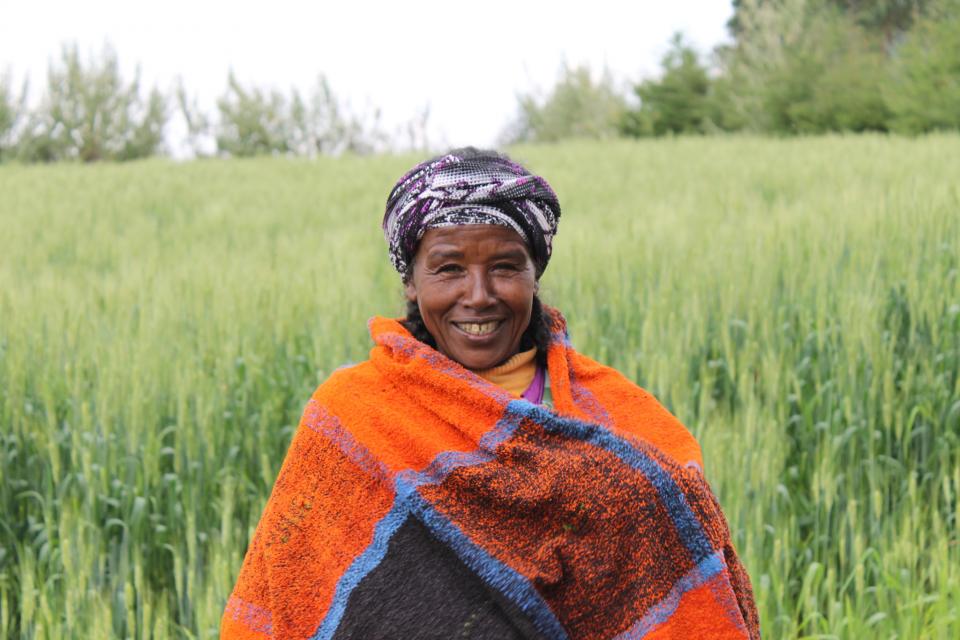
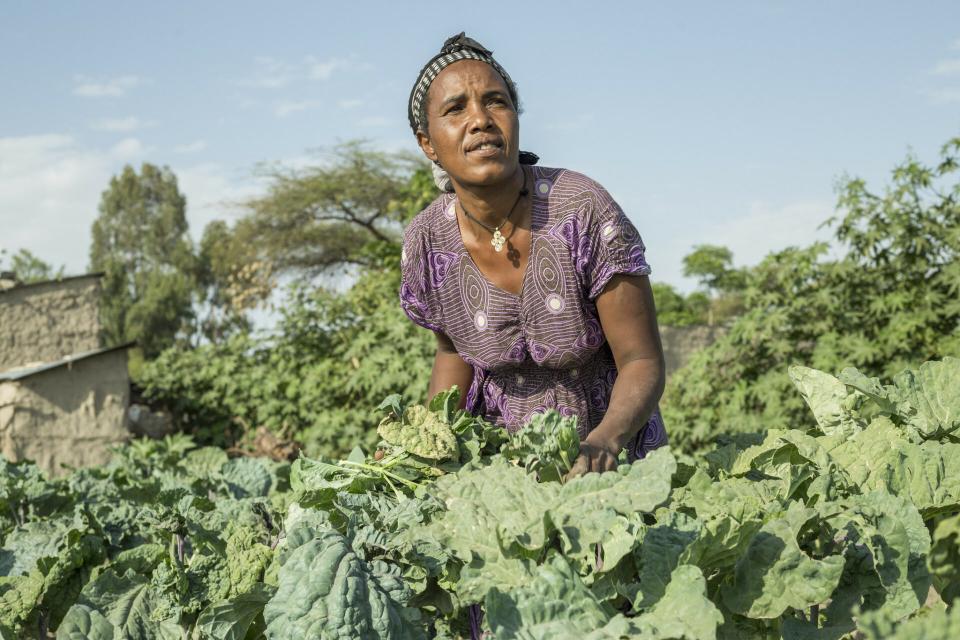
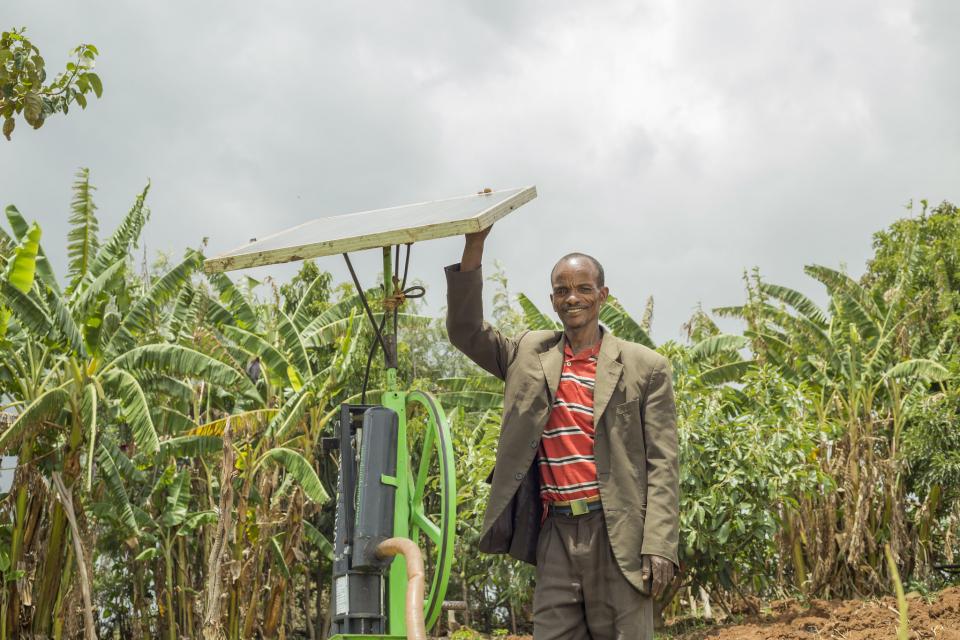
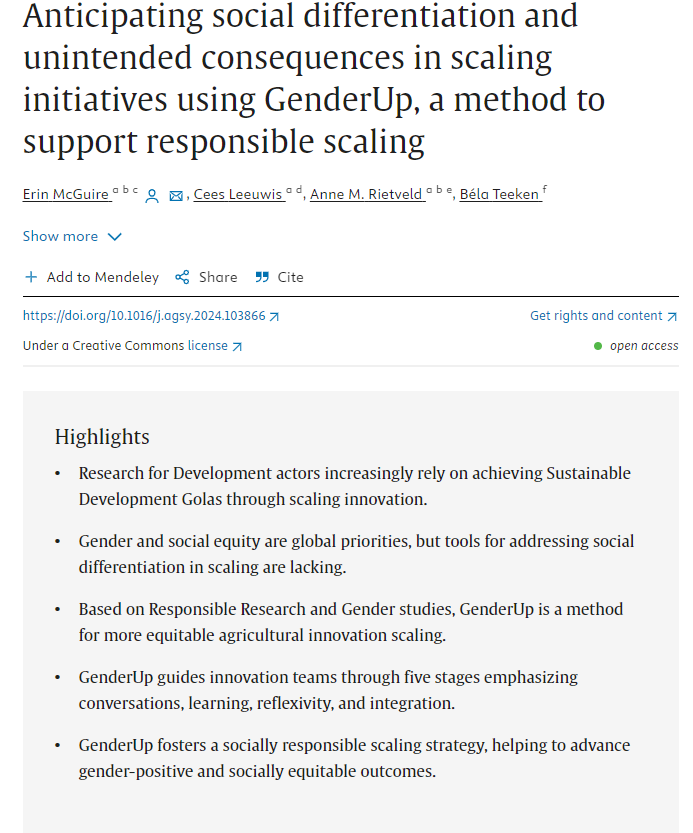
Anticipating social differentiation and unintended consequences in scaling initiatives using GenderUp, a method to support responsible scaling
Erin McGuire, Cees Leeuwis, Anne M. Rietveld, Béla Teeken, Anticipating social differentiation and unintended consequences in scaling initiatives using GenderUp, a method to support responsible scaling, Agricultural Systems, Volume 215, 2024, 103866, ISSN 0308-521X, https://doi.org/10.1016/j.agsy.2024.103866.
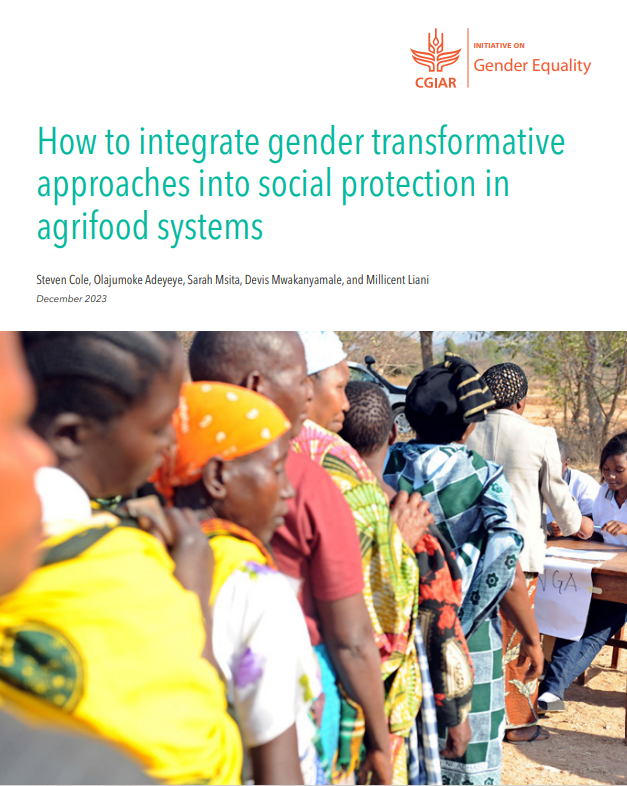
Designing gender- and youth-responsive agronomic solutions
Lambrecht, I., Ma, N., Ragasa, C., Cole, S., Kreye, C., Peter, H., and Sasakawa Africa Association. (2023). Designing gender- and youth-responsive agronomic solutions. Study Report: Sasakawa Africa Association Nigeria Use Case. Nairobi, Kenya: Excellence in Agronomy.
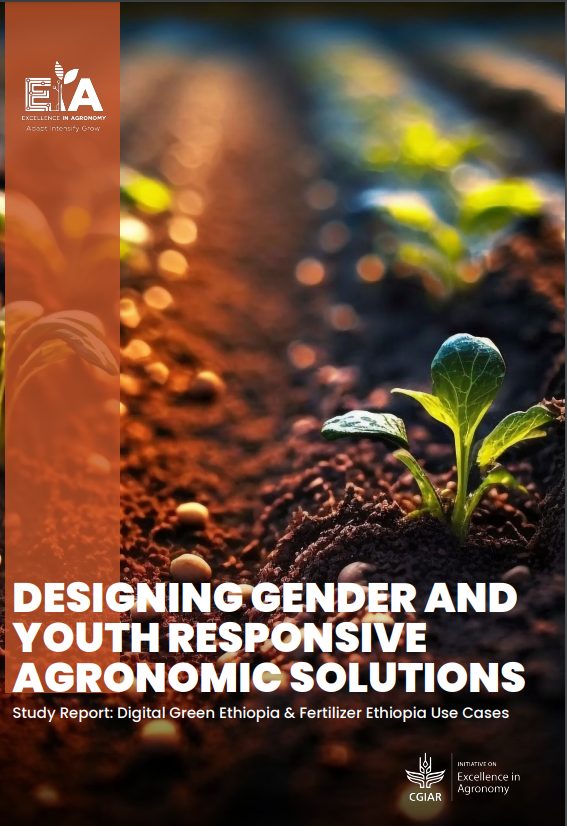
Designing gender and youth responsive agronomic solutions study report: Digital green Ethiopia & fertilizer Ethiopia use cases
Lambrecht, I., Ma, N., Ragasa, C., Cole, S., Iradukunda, F., Ebrahim, M., ... & Regassa, D. (2023). Designing gender and youth responsive agronomic solutions study report: Digital green Ethiopia & fertilizer Ethiopia use cases. Addis Ababa: IITA, (41 p.).
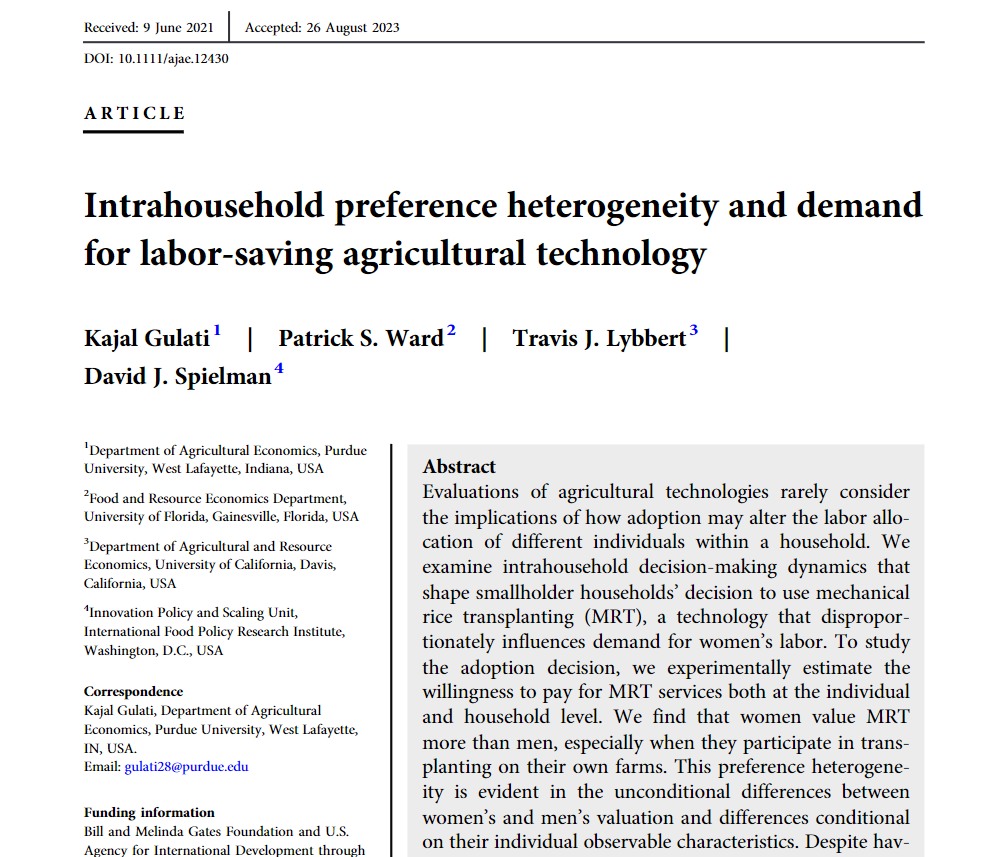
Intrahousehold preference heterogeneity and demand for labor-saving agricultural technology
Gulati, Kajal, Patrick S. Ward, Travis J. Lybbert, and David J. Spielman. 2023. “ Intrahousehold Preference Heterogeneity and Demand for Labor-Saving Agricultural Technology.” American Journal of Agricultural Economics 1–28. https://doi.org/10.1111/ajae.12430
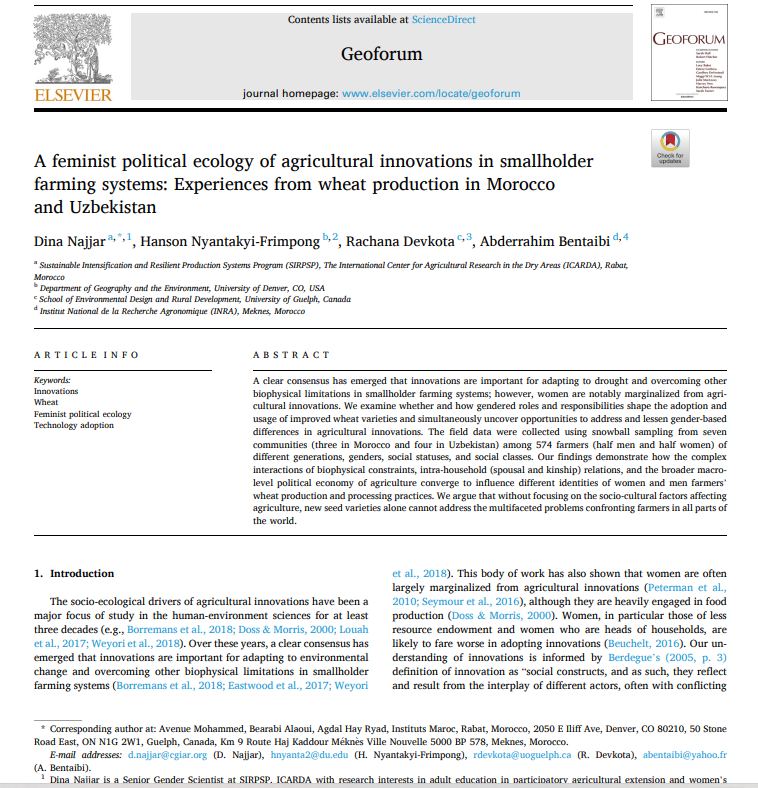
A feminist political ecology of agricultural innovations in smallholder farming systems: Experiences from wheat production in Morocco and Uzbekistan
Dina Najjar, Hanson Nyantakyi-Frimpong, Rachana Devkota, Abderrahim Bentaibi, 2023. A feminist political ecology of agricultural innovations in smallholder farming systems: Experiences from wheat production in Morocco and Uzbekistan, Geoforum, Volume 146, 2023, 103865, ISSN 0016-7185, https://doi.org/10.1016/j.geoforum.2023.103865.
“Even the goats feel the heat:” gender, livestock rearing, rangeland cultivation, and climate change adaptation in Tunisia
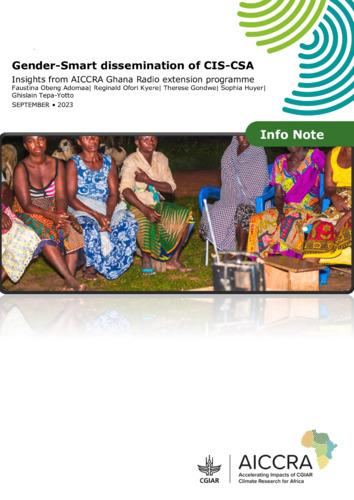
Gender-smart dissemination of CIS-CSA: Insights from AICCRA Ghana radio extension programme
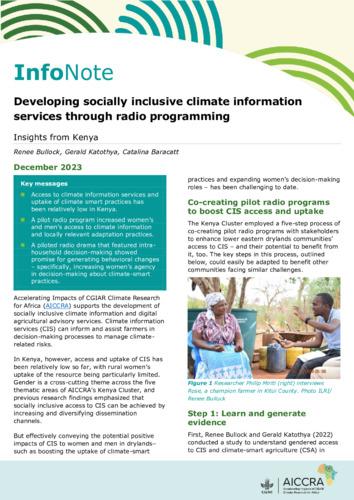
Developing socially inclusive climate information services through radio programming
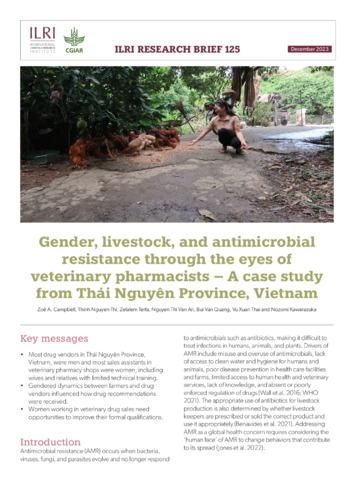
Gender, livestock, and antimicrobial resistance through the eyes of veterinary pharmacists – A case study from Thái Nguyên Province, Vietnam
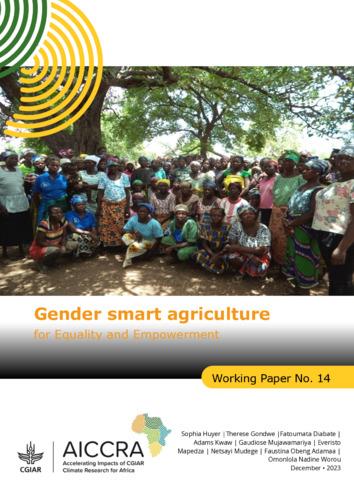
Gender Smart Agriculture for Equality and Empowerment
From gender gaps to gender-transformative climate-smart agriculture
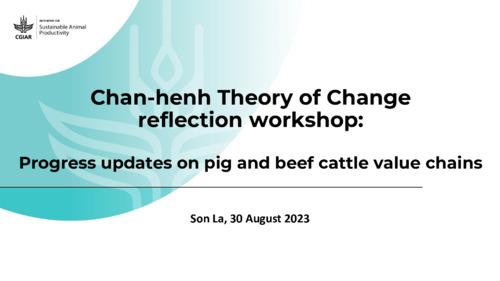
Chan-henh Theory of Change reflection workshop: Progress updates on pig and beef cattle value chains
Thinh Nguyen, Le Thi Thanh Huyen, K. Marshall, Mary A. Otieno, Tran Thi Bich Ngoc, F. Unger, Nguyen Quang Huy, Truong Thi Tuyet Mai, Phuong Nguyen and Dao Thi Thu Hang. 2023. Chan-henh Theory of Change reflection workshop: Progress updates on pig and beef cattle value chains. Presentation at the Vietnam TOC reflection meeting of CGIAR Initiative on Sustainable Animal Productivity for Livelihoods, Nutrition and Gender Inclusion (SAPLING) on 30 August 2023 in Son La Province. Nairobi, Kenya: ILRI.
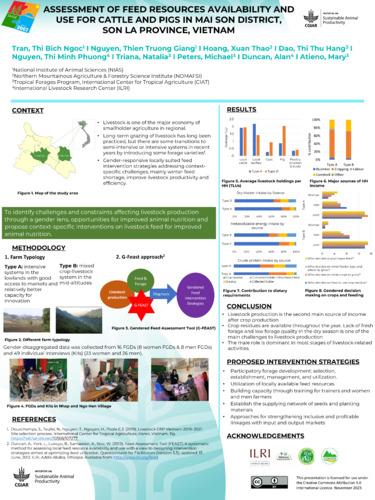
Assessment of feed resources availability and use for cattle and pigs in Mai Son District, Son La Province, Vietnam
Tran, Thi Bich Ngoc, Nguyen, Thien Truong Giang, Hoang, Xuan Thao, Dao, Thi Thu wHang, Ngu-yen, Thi Minh Phuong, Triana, Natalia, N., Peters, M., Duncan, A. and, Mary, A. 2023. Assessment of feed resources availability and use for cattle and pigs in Mai Son District, Son La Province, Vi-etnam. Poster prepared for the 9th International Conference on Sustainable Animal Agricultural for Developing Countries (SAADC 2023), Lao PDR, 21-24 November 2023. Hanoi, Vietnam: National Institute of Animal Sciences.
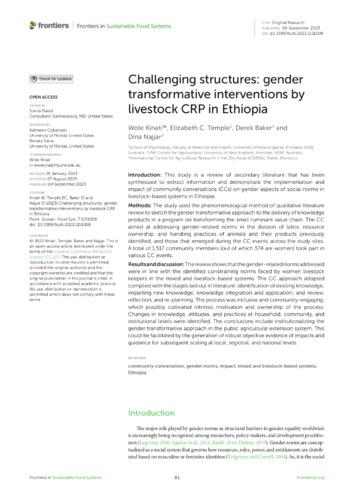
Challenging structures: gender transformative interventions by livestock CRP in Ethiopia
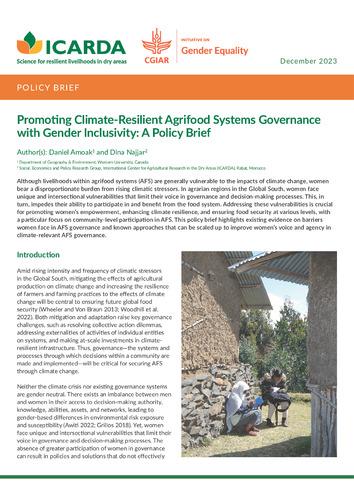
Promoting Climate-Resilient Agrifood Systems Governance with Gender Inclusivity: A Policy Brief
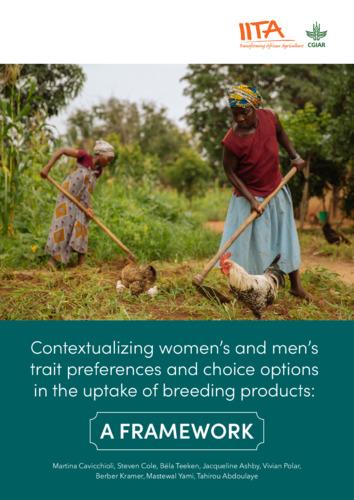
Contextualizing women's and men's trait preferences and choice options in the uptake of breeding products: a framework
Cavicchioli, M., Cole, S.M., Teeken, B., Ashby, J.A., Polar, V., Kramer, B., ... & Abdoulaye, T. (2023). Contextualizing women's and men's trait preferences and choice options in the uptake of breeding products: a framework. Ibadan, Nigeria: IITA, (18 p.).
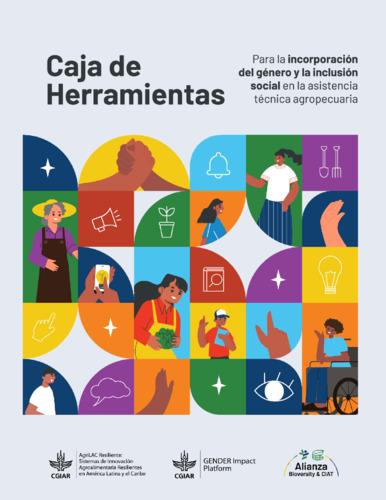
Caja de herramientas: Para la incorporación del género y la inclusión social en la asistencia técnica agropecuaria
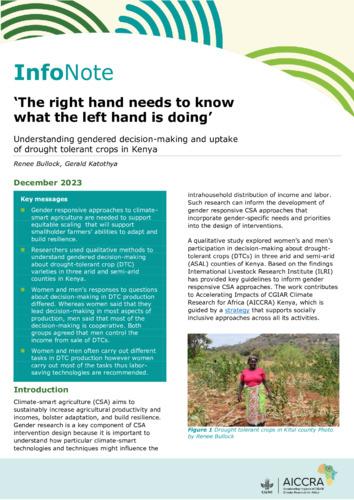
The right hand needs to know what the left hand is doing: Understanding gendered decision-making and uptake of drought tolerant crops in Kenya
Local Fabrication and installation of Improved Fish Drying Racks to Promote Women’s Participation
Thank you!
Thank you to all the CGIAR centers and initiatives that contributed to this campaign. The CGIAR GENDER Impact Platform is grateful for the support of CGIAR Trust Fund contributors.